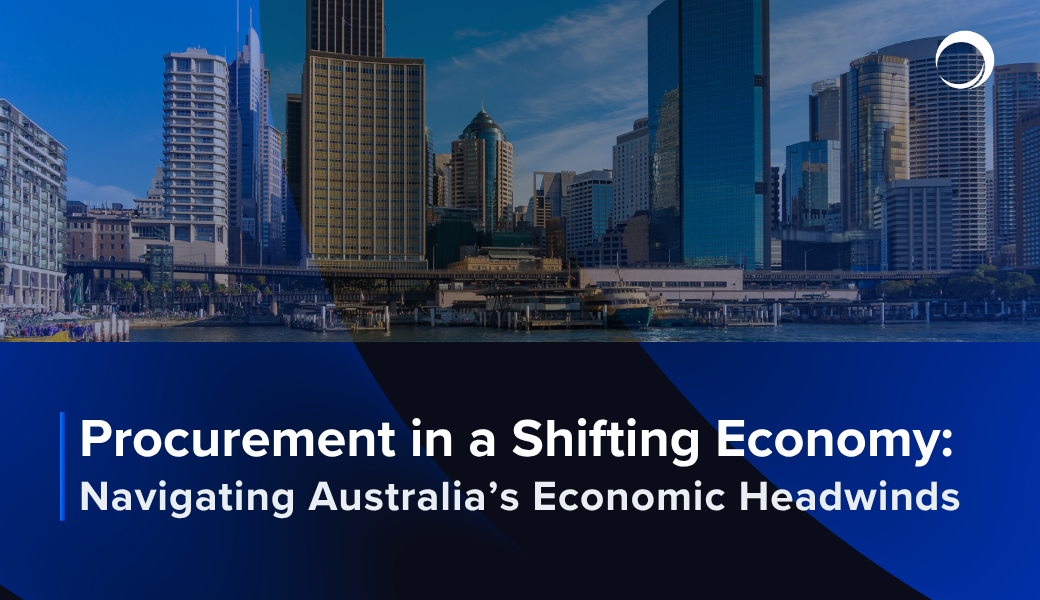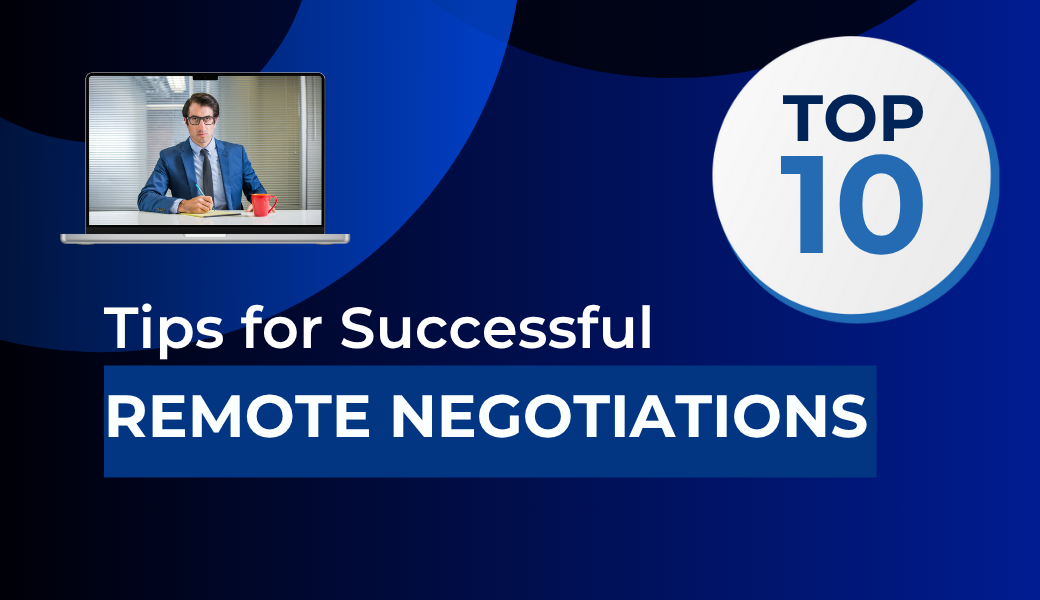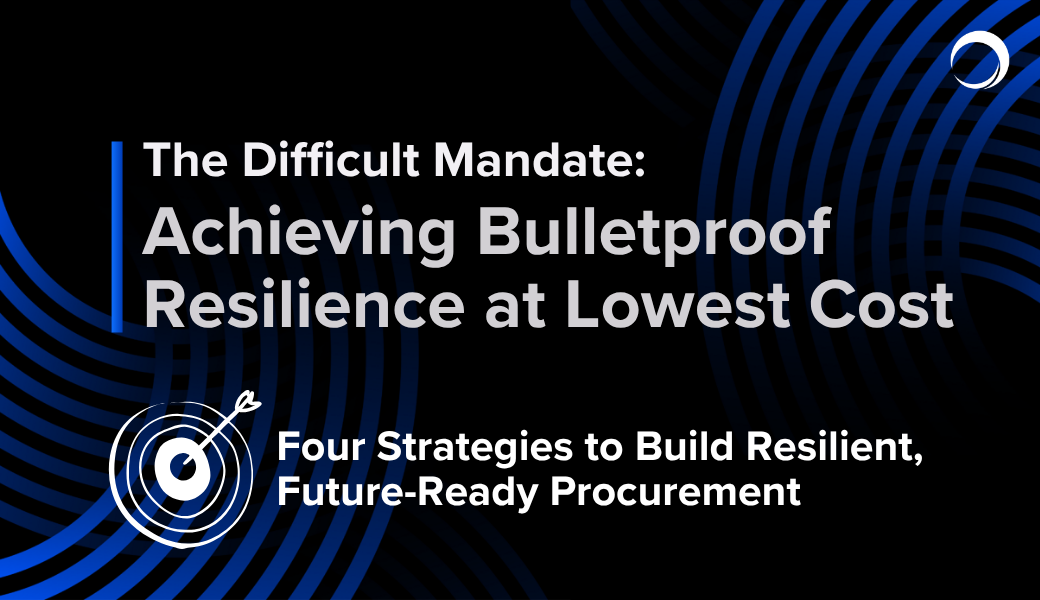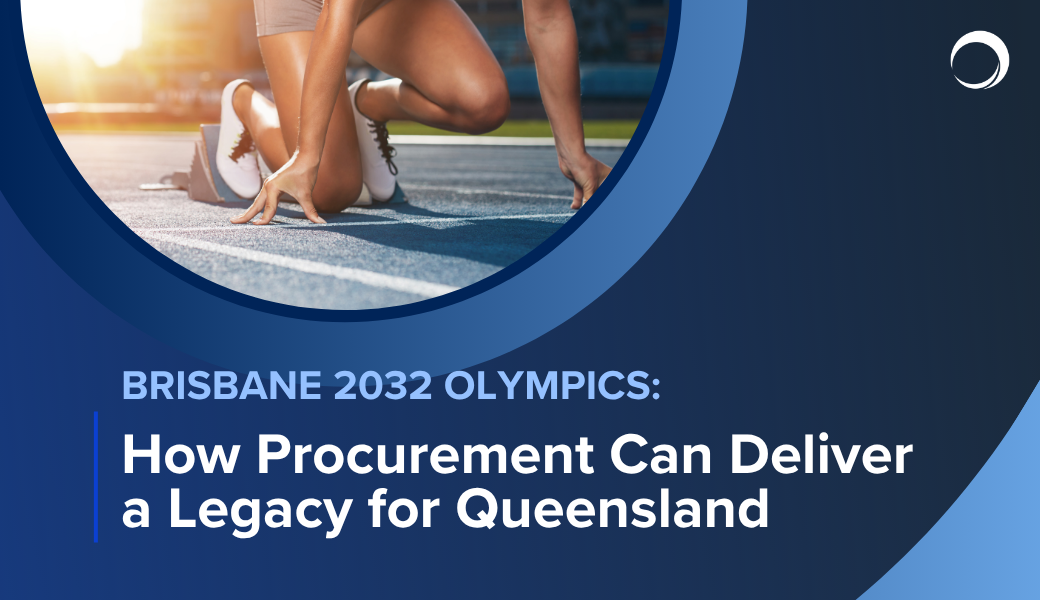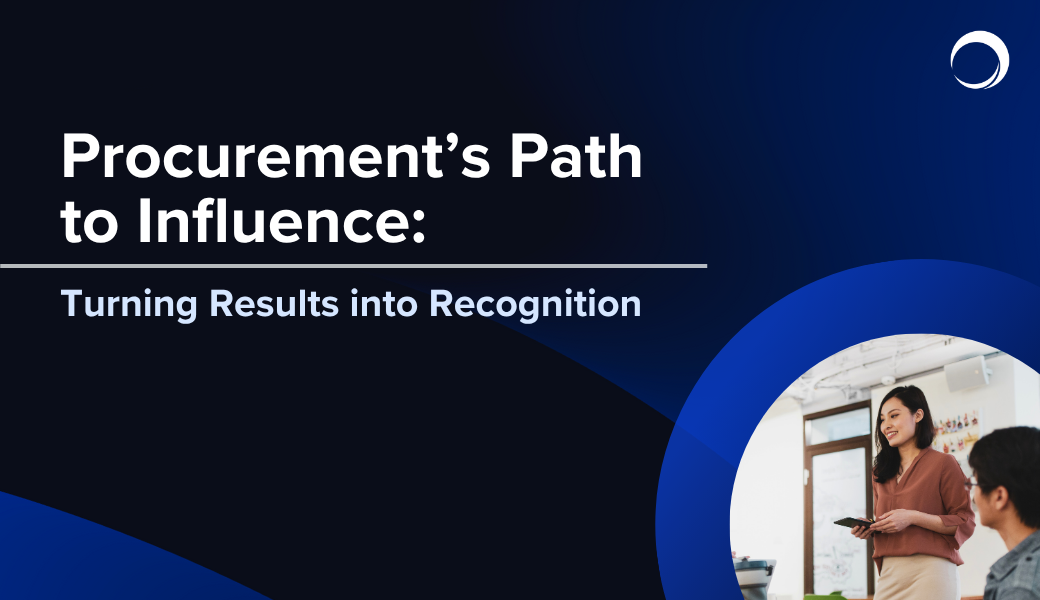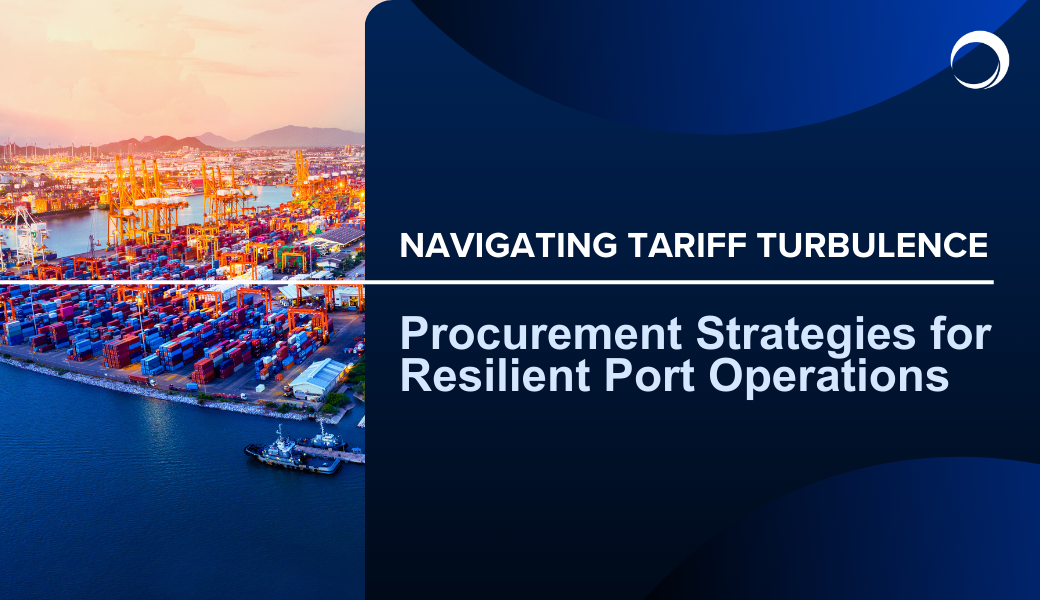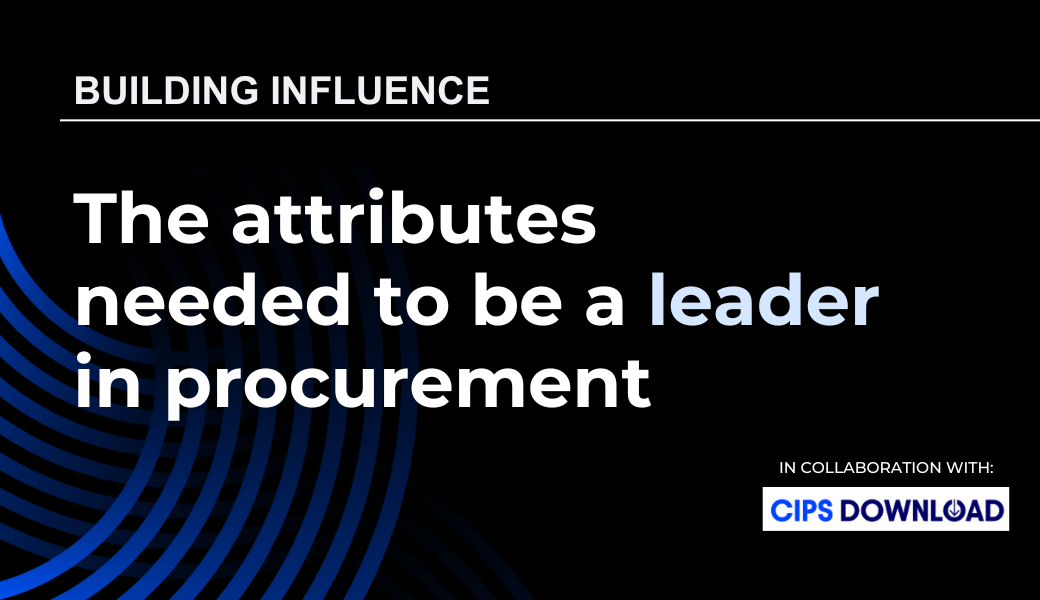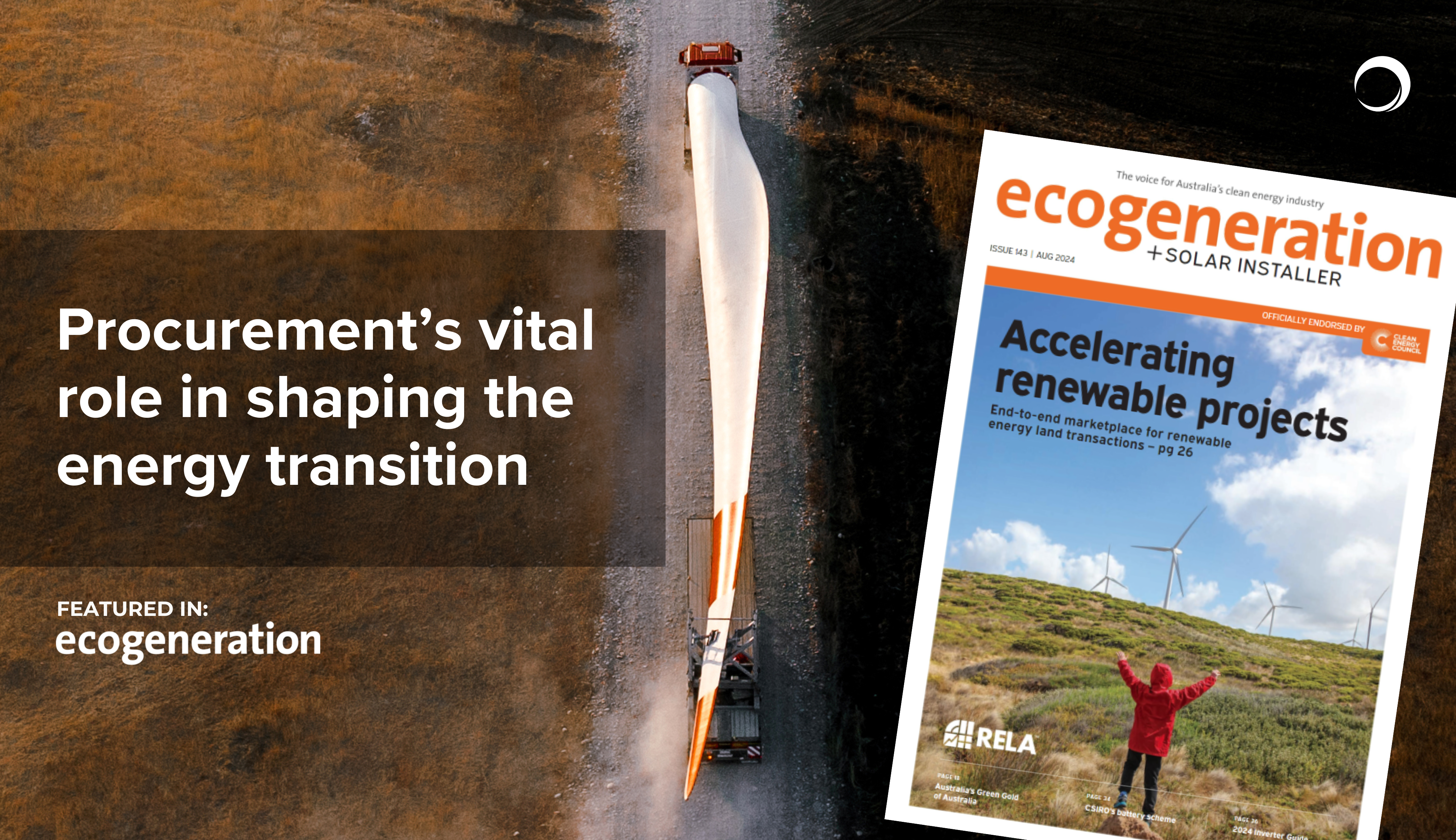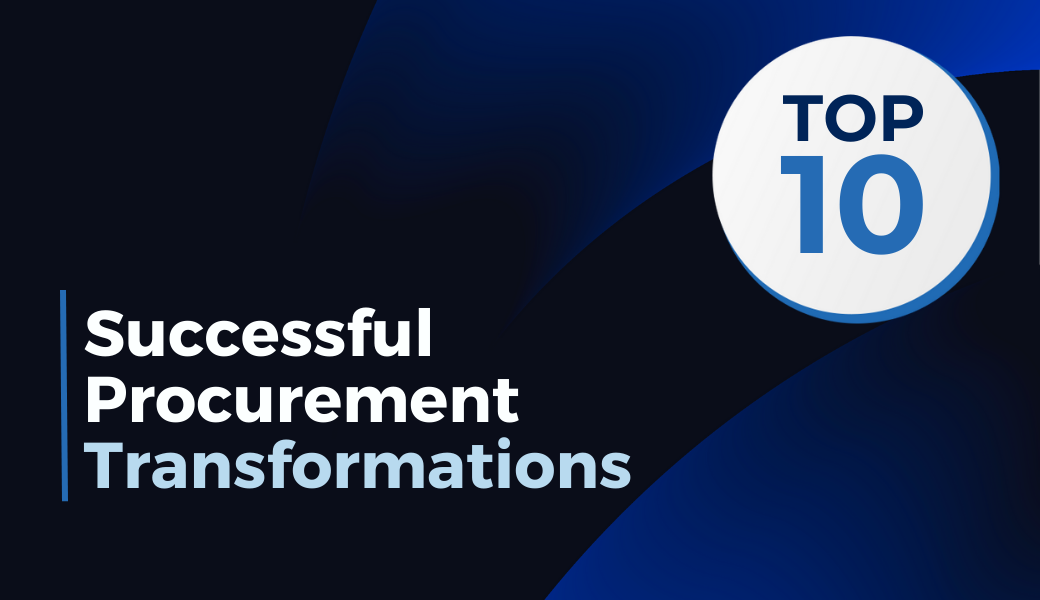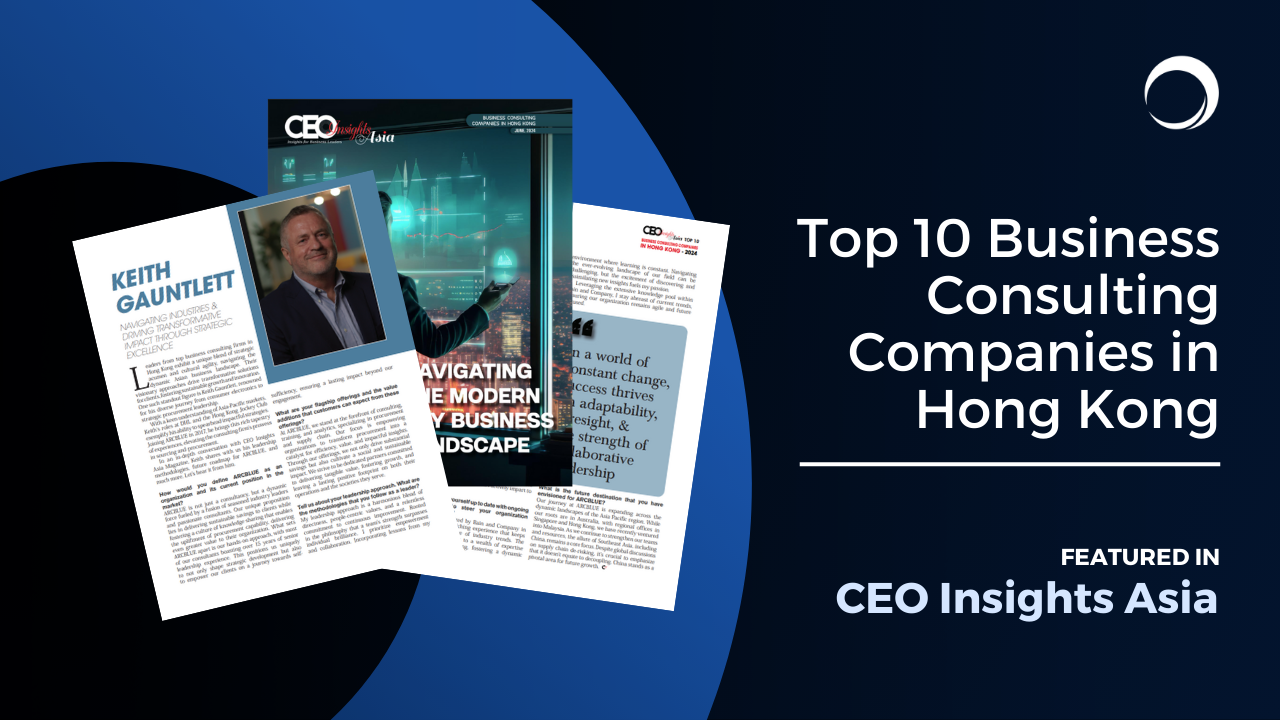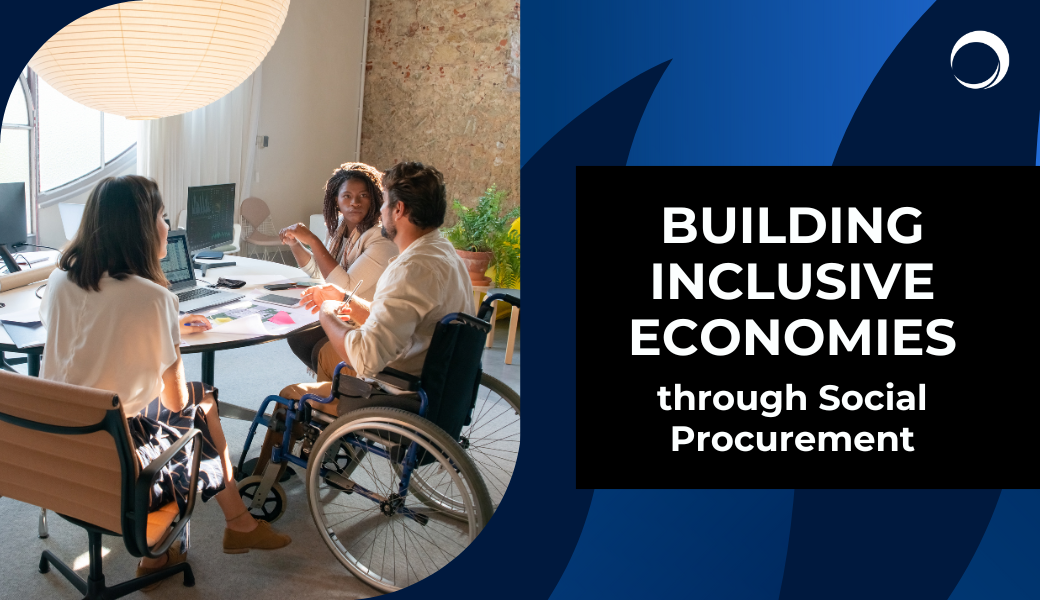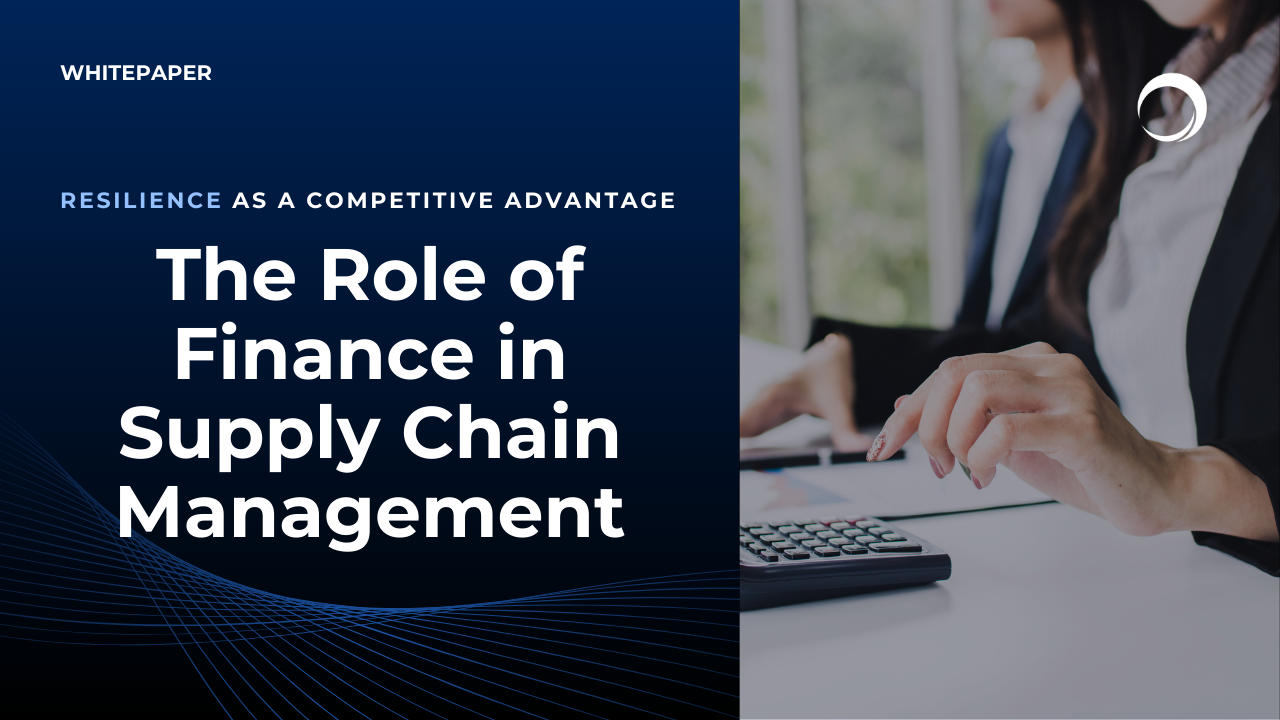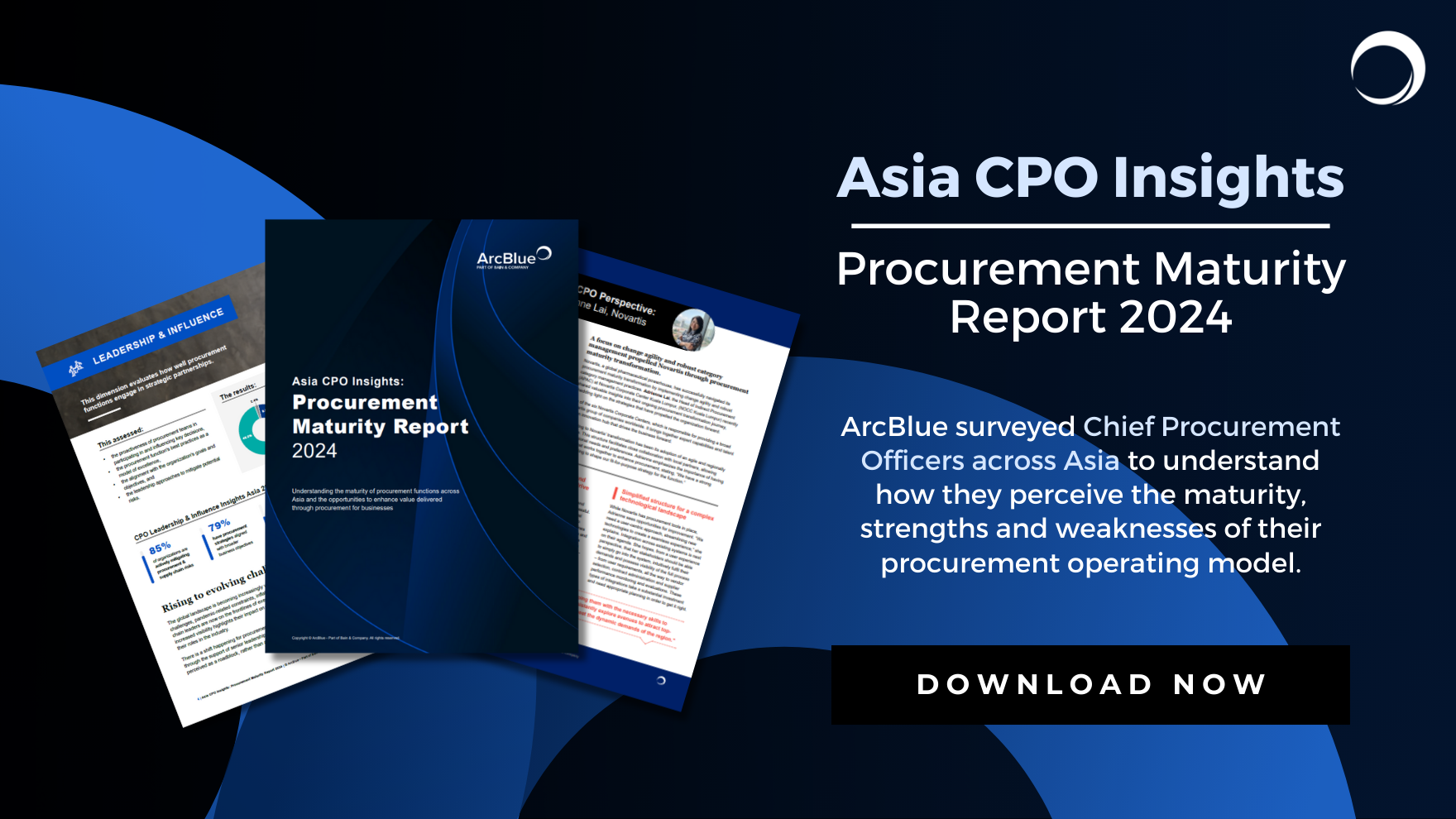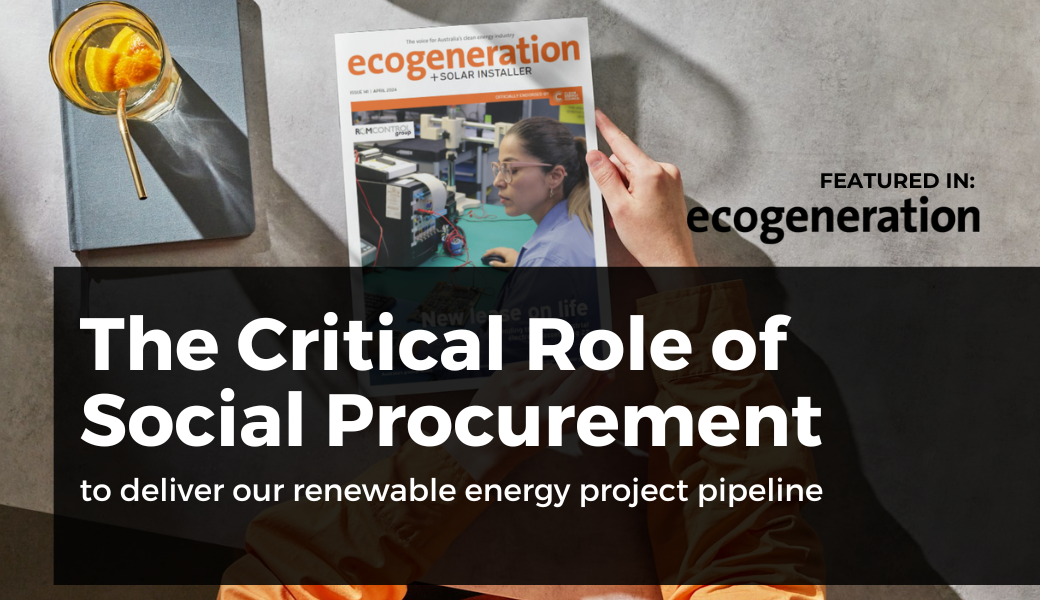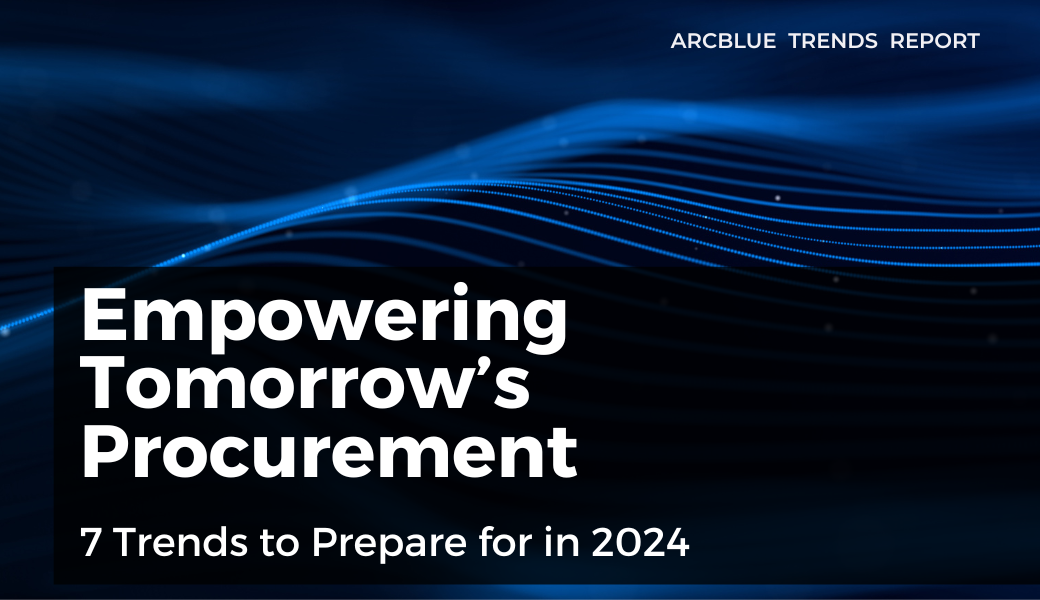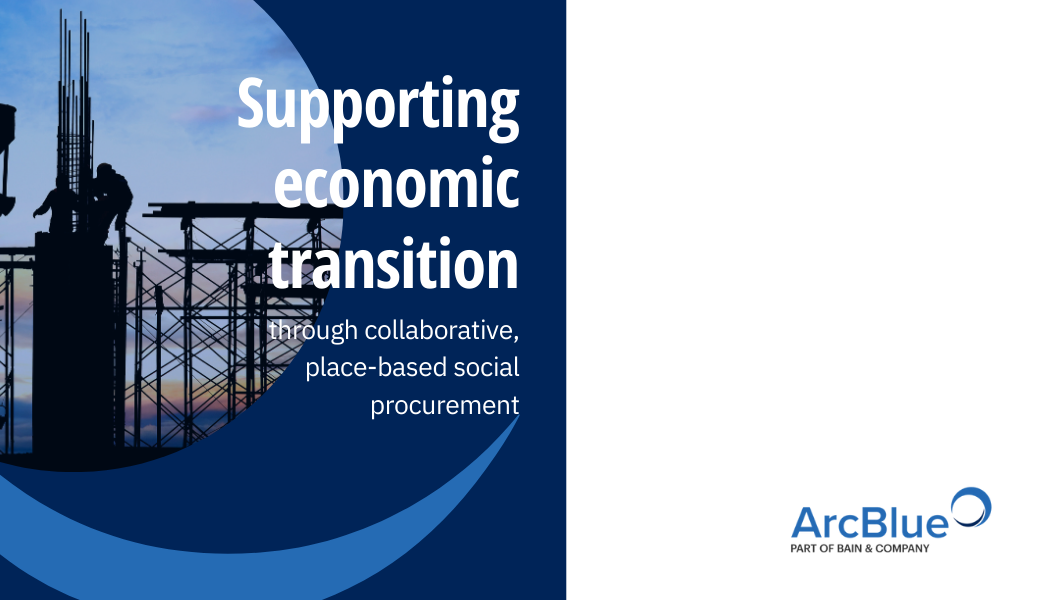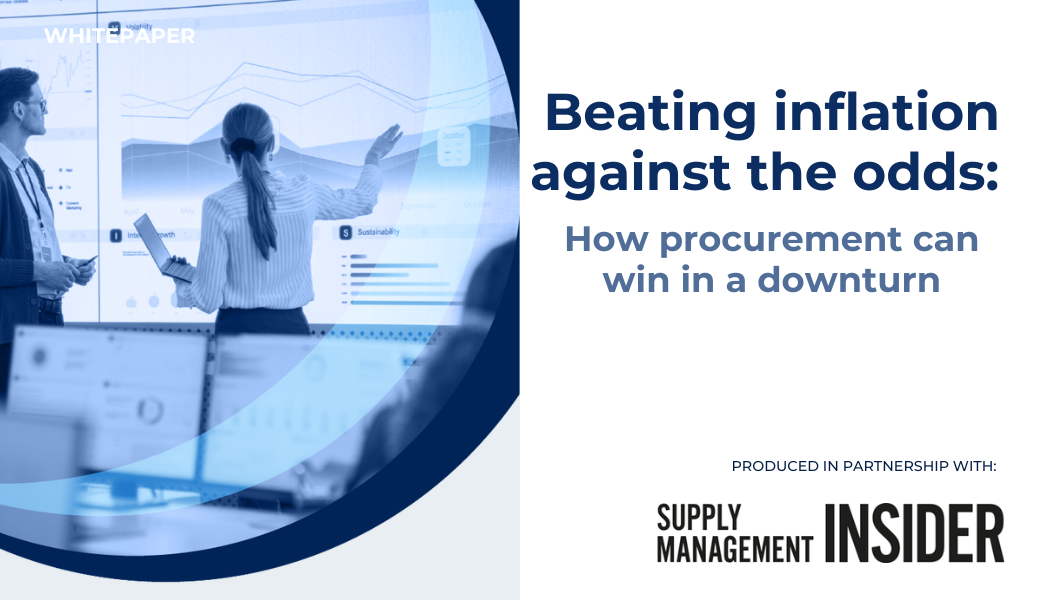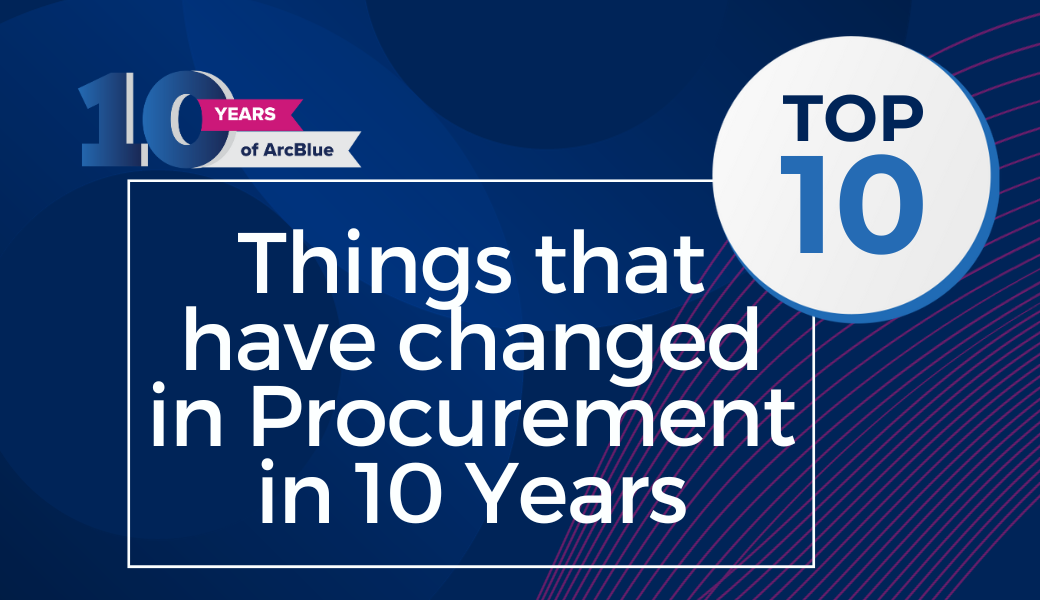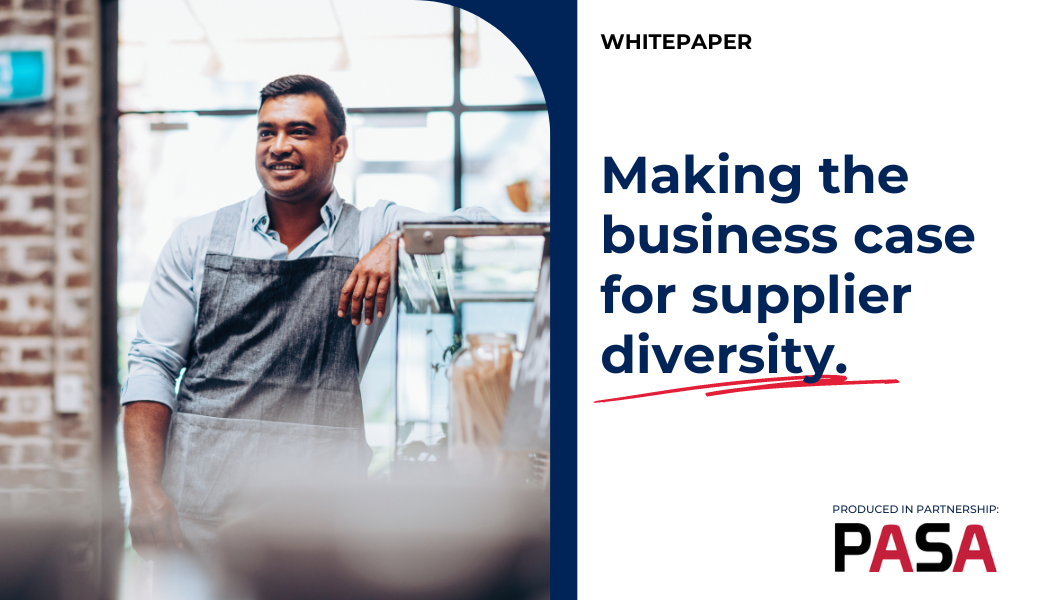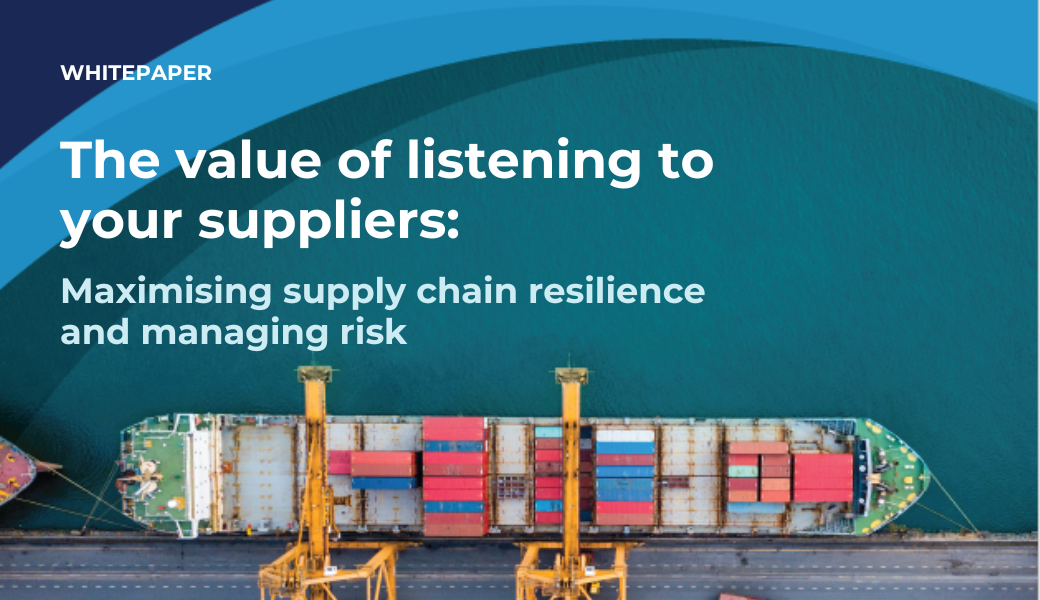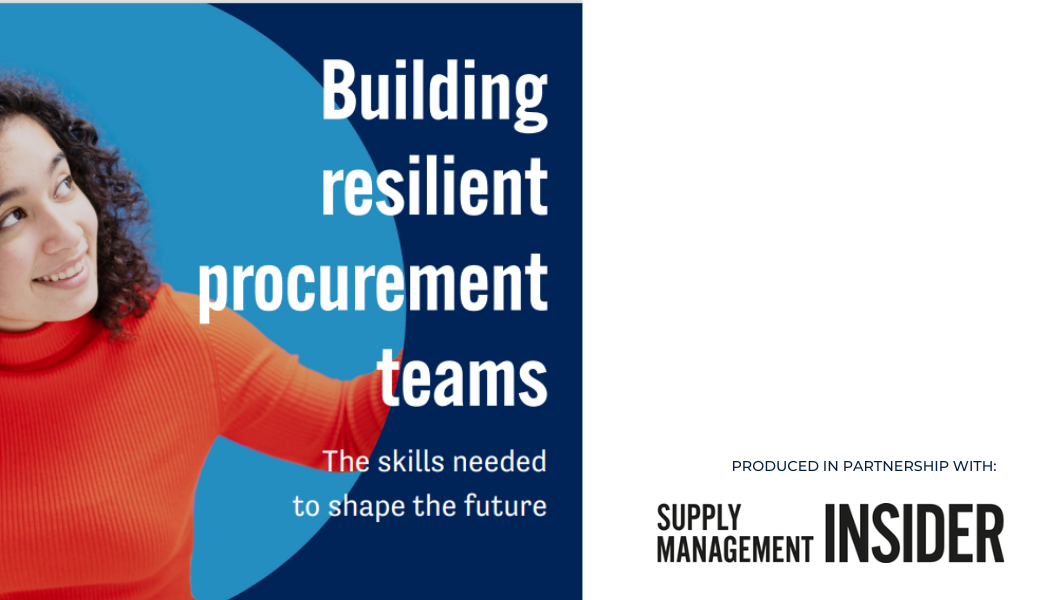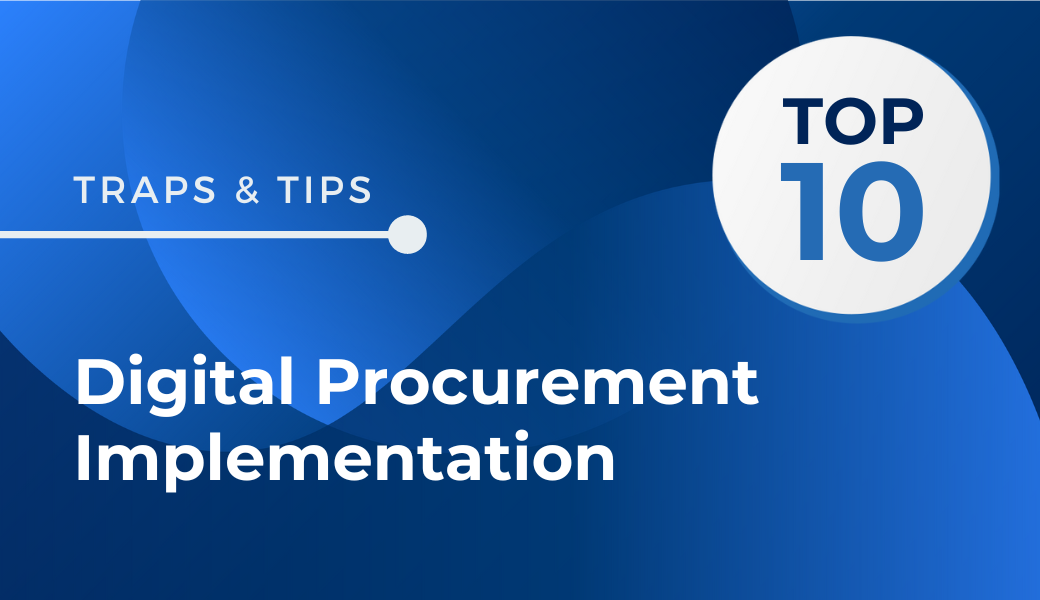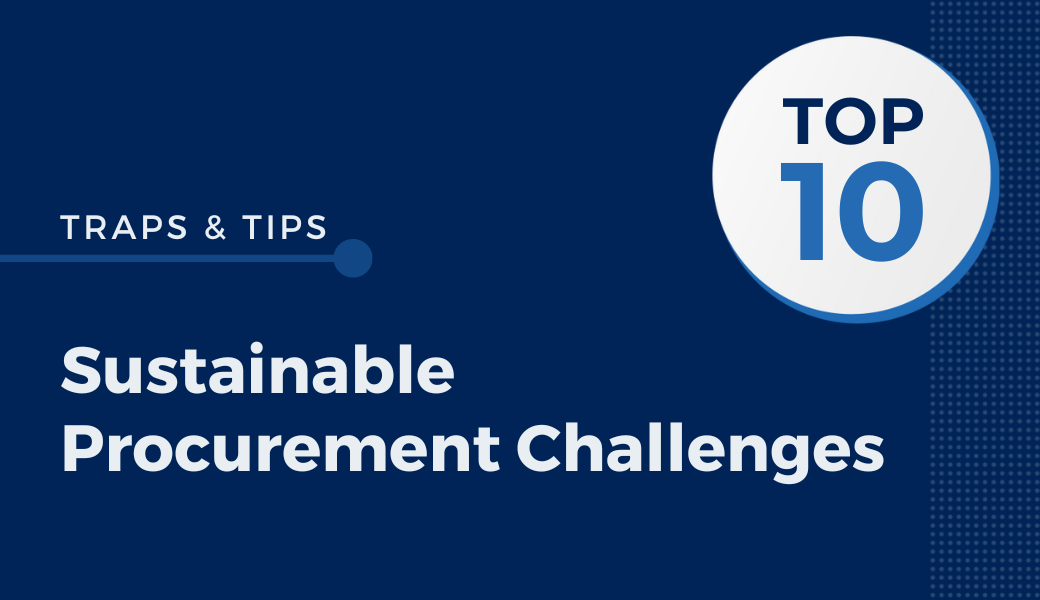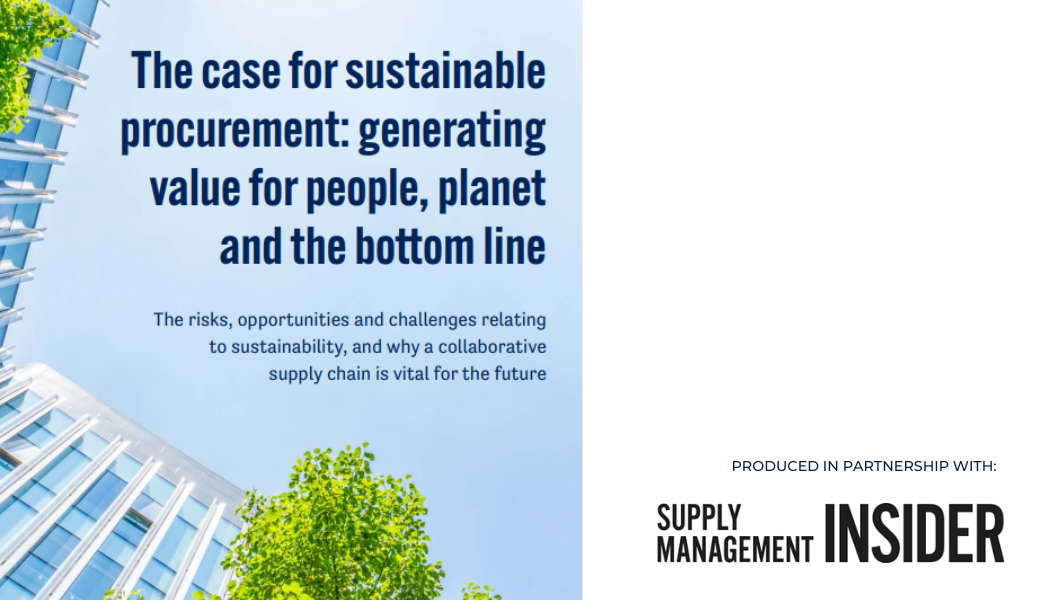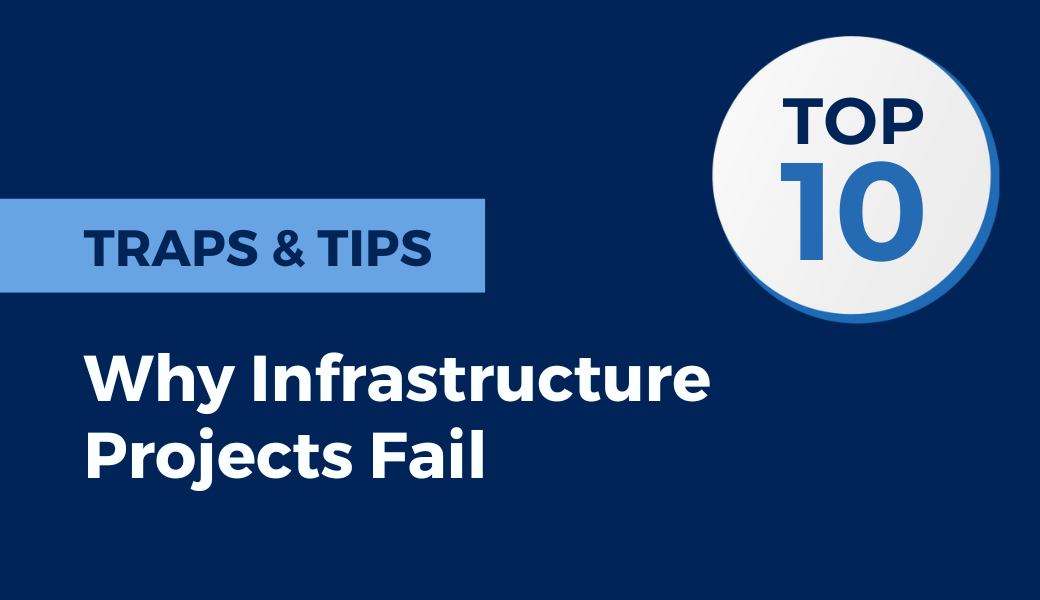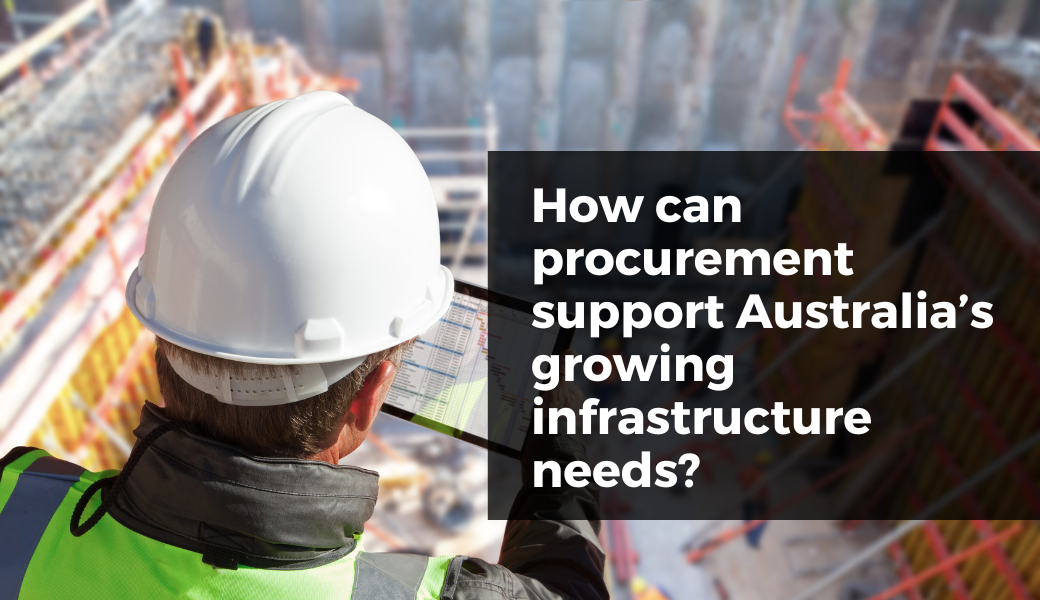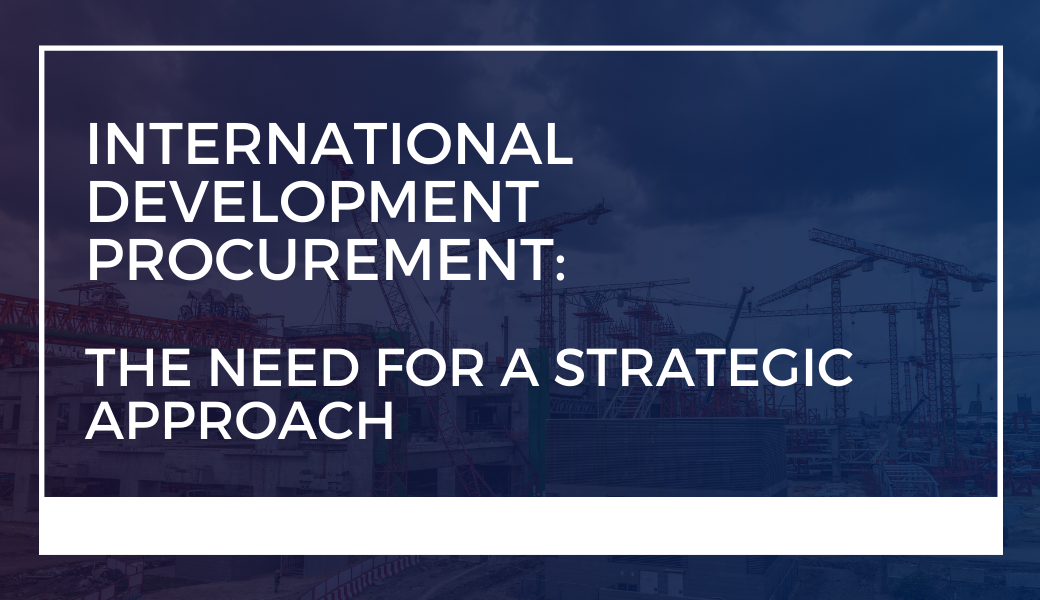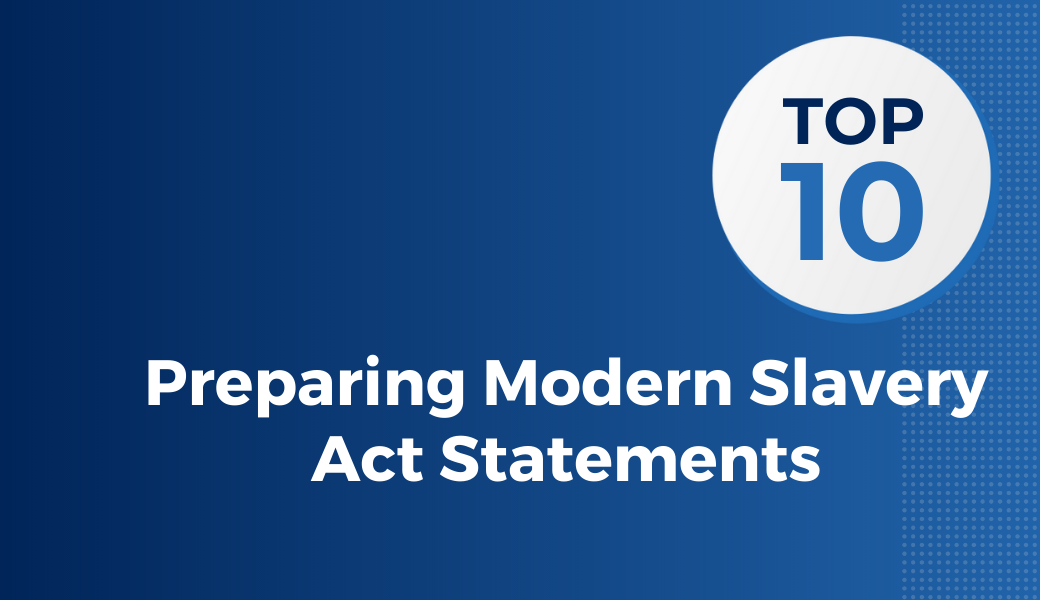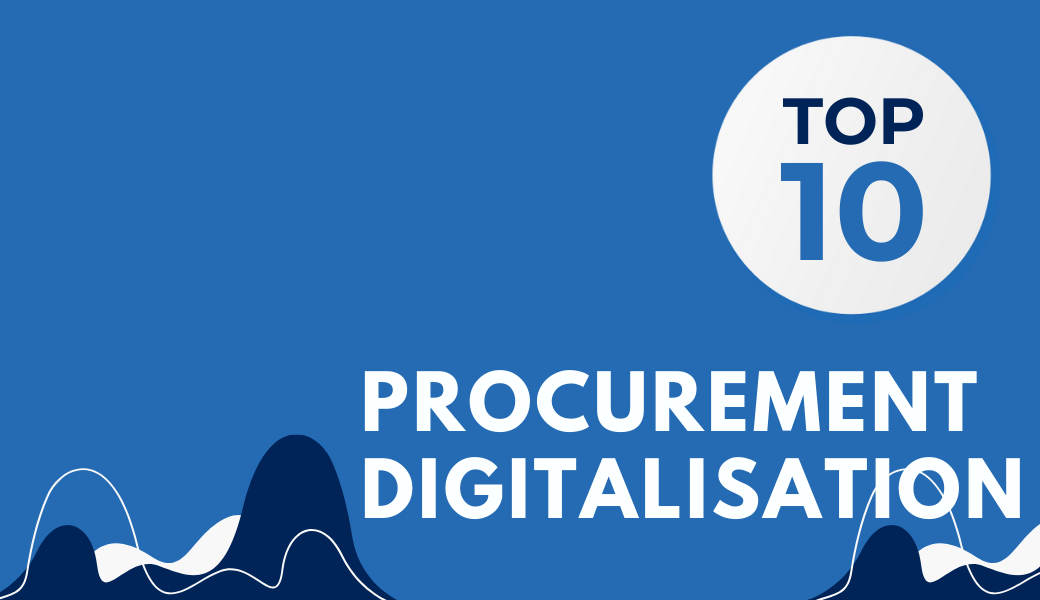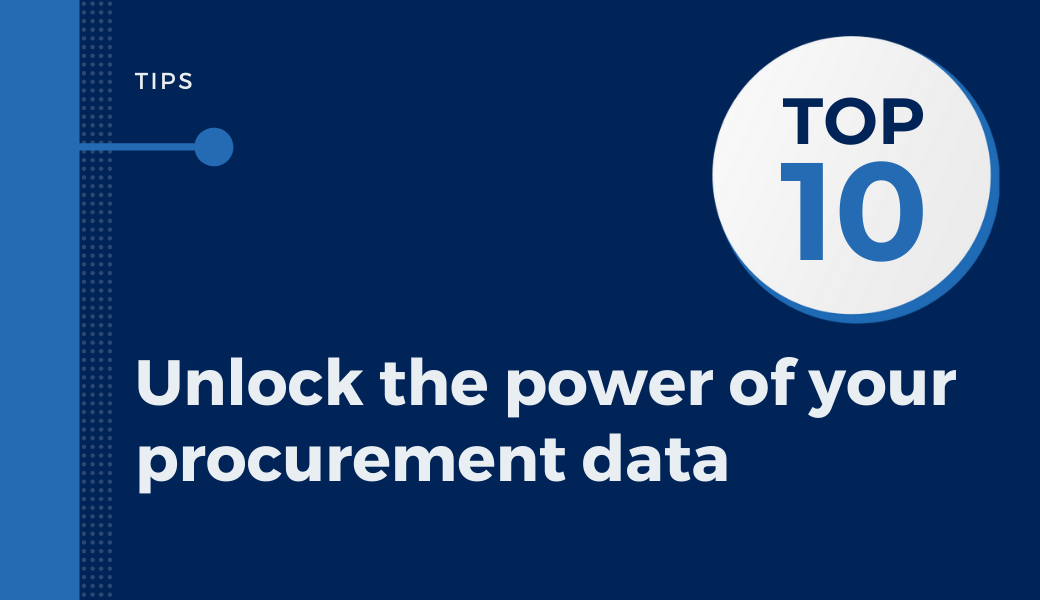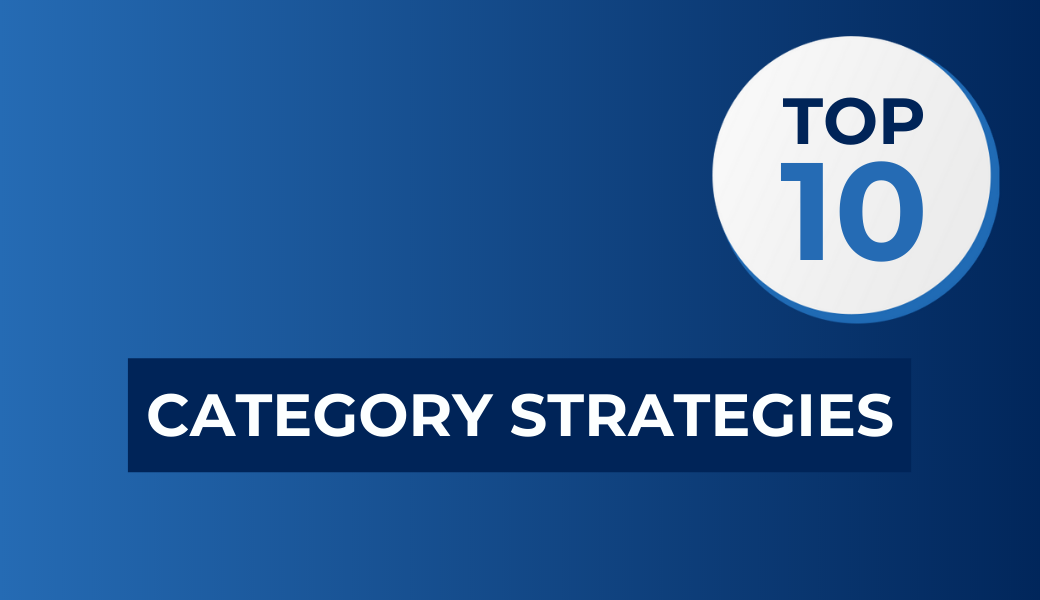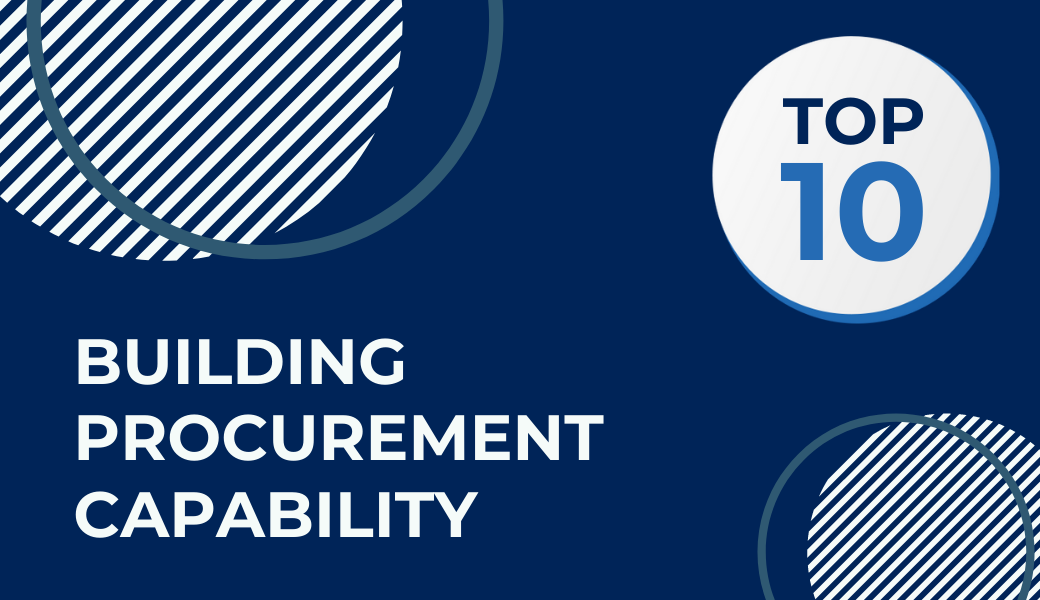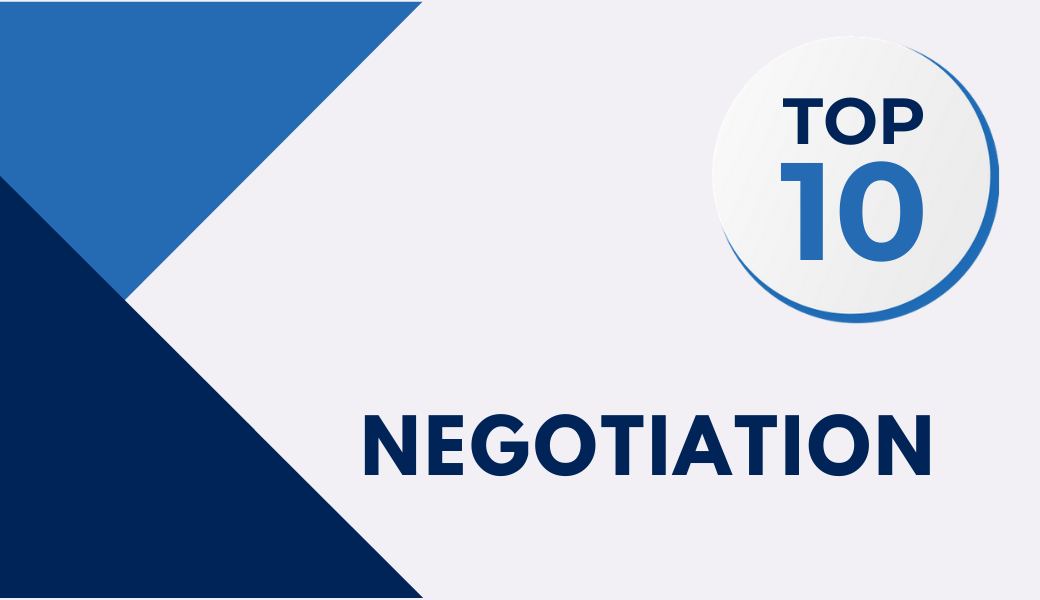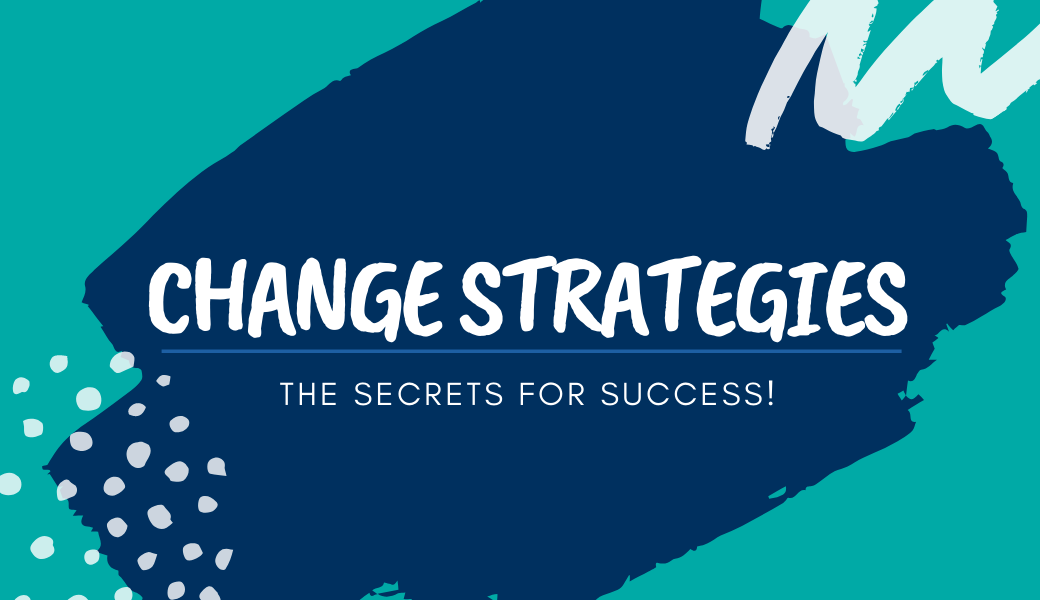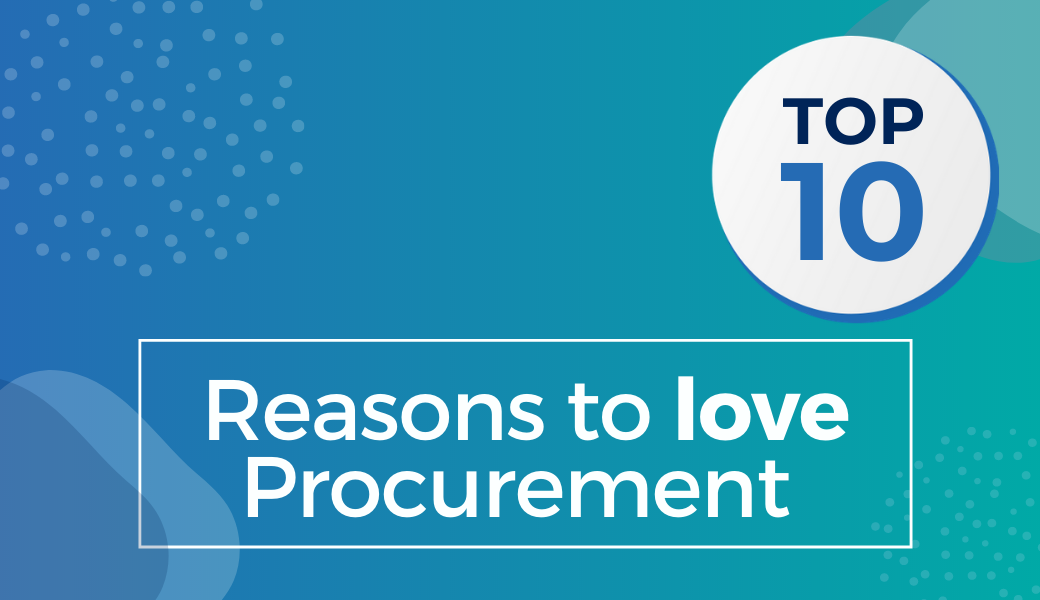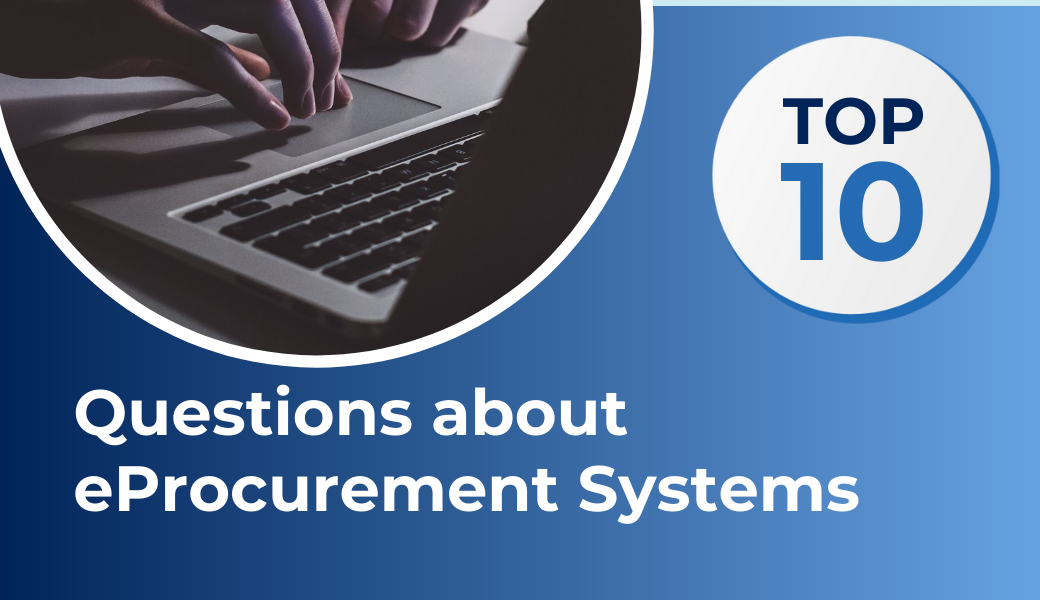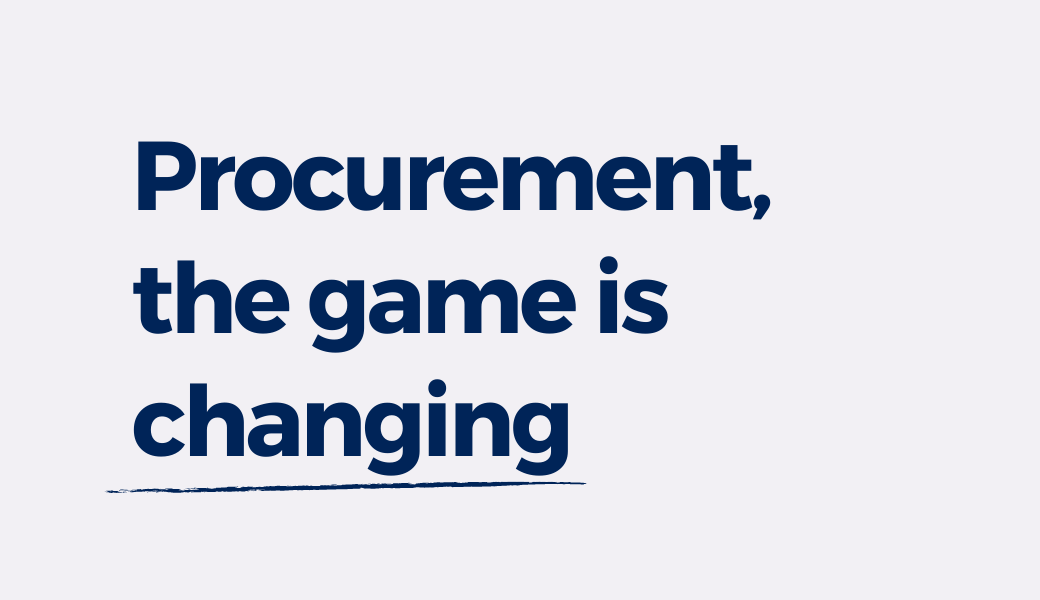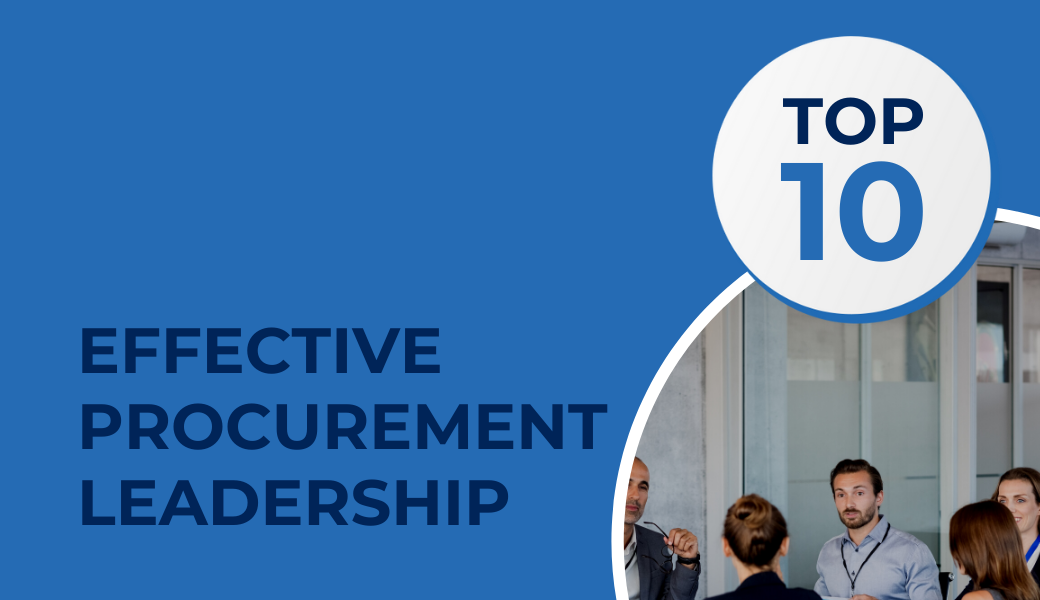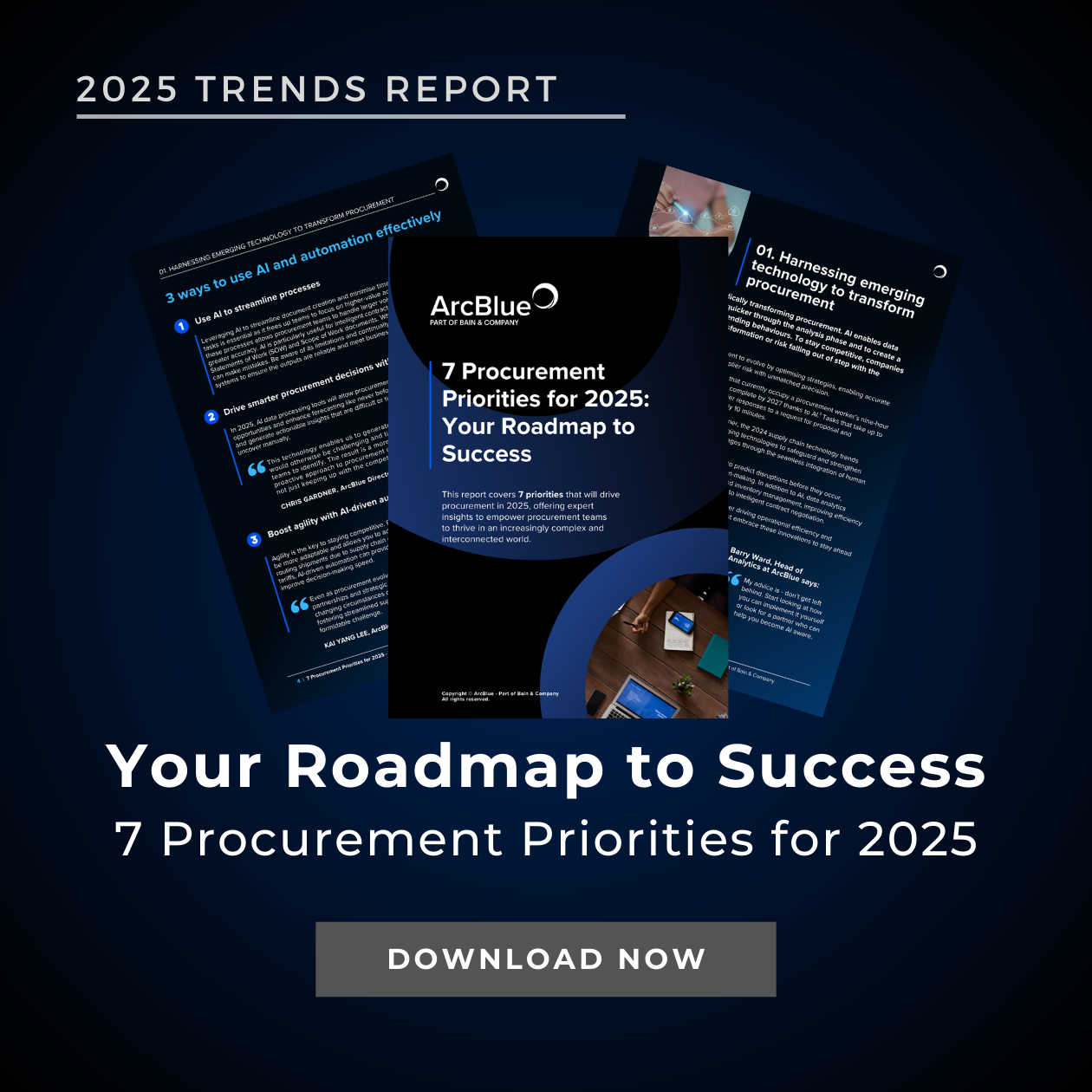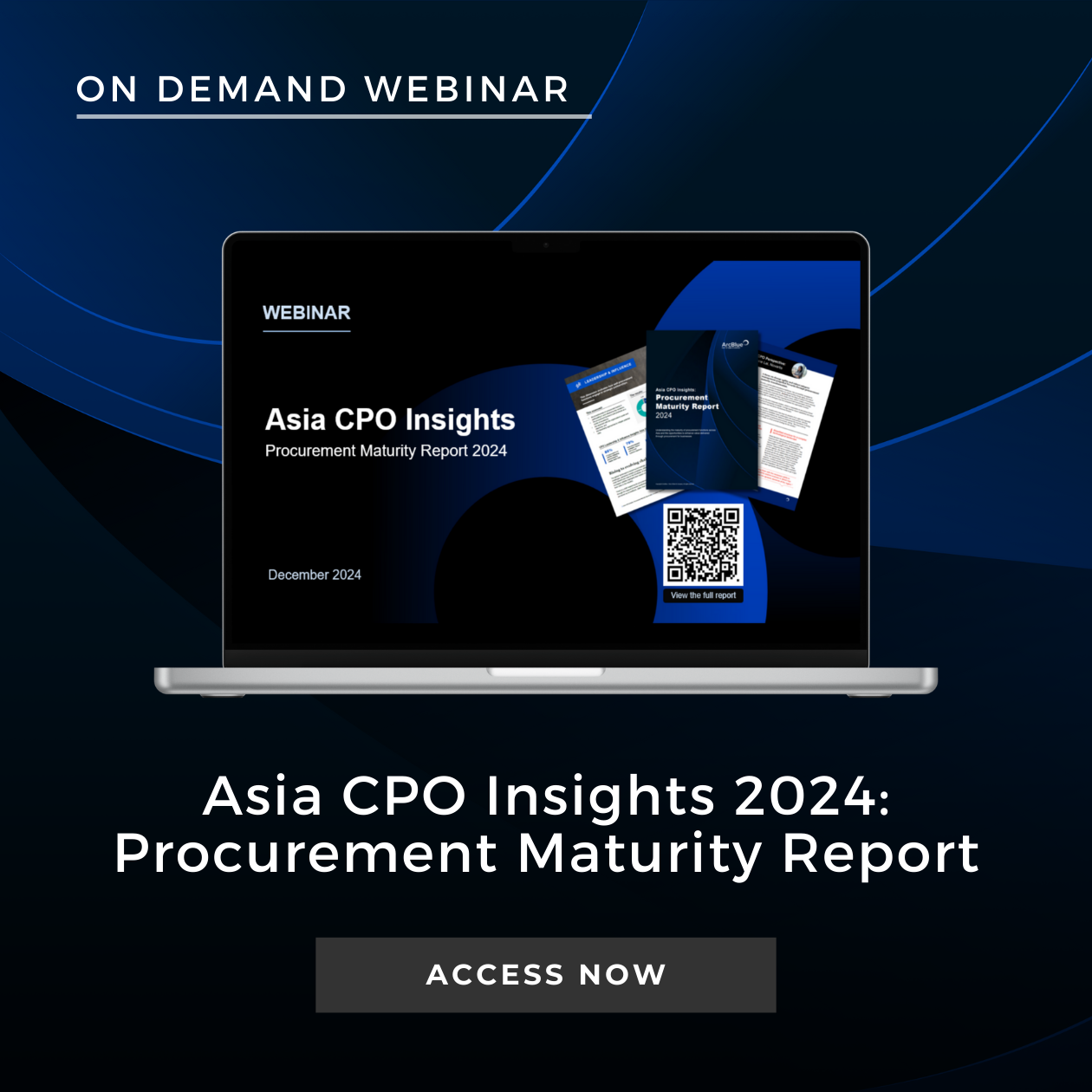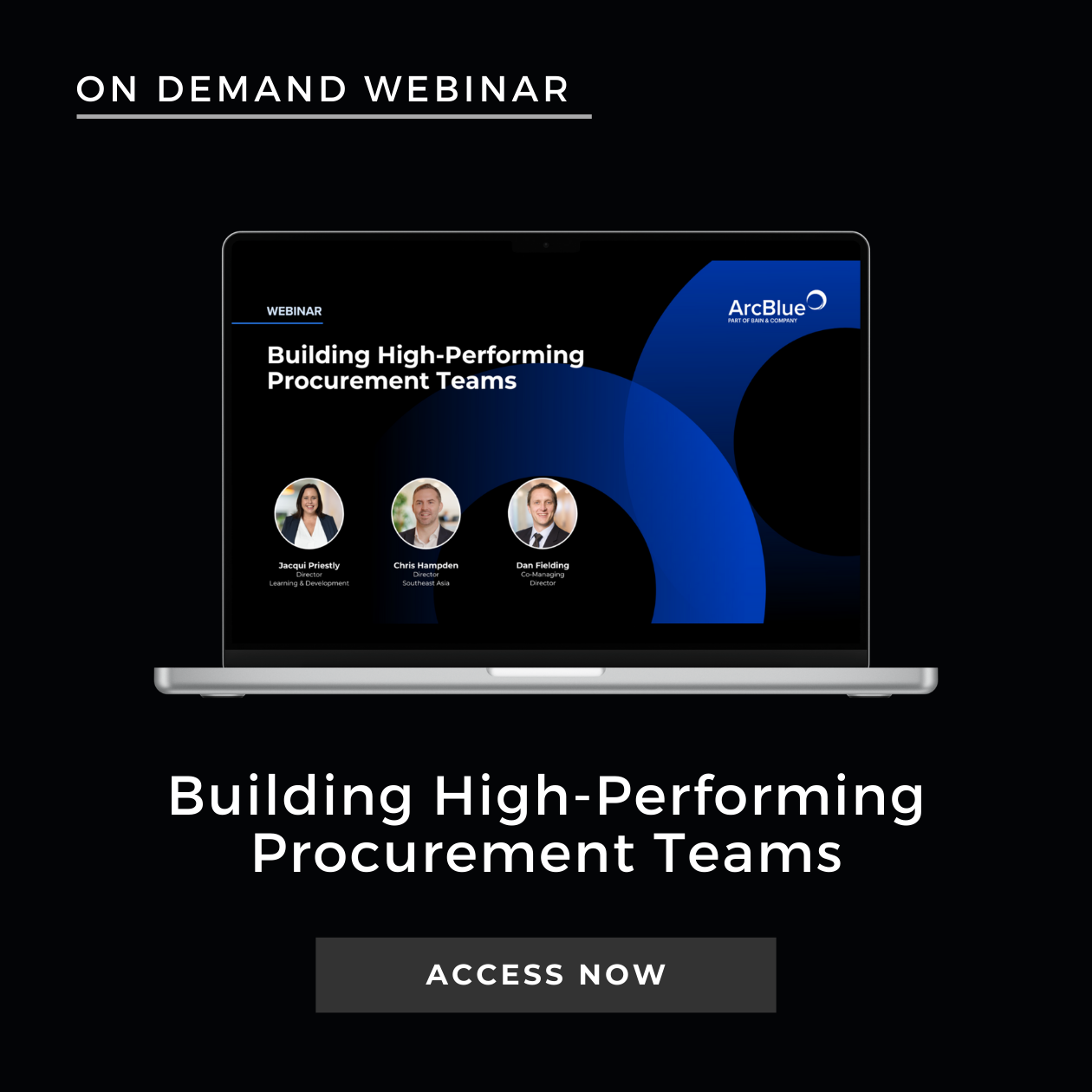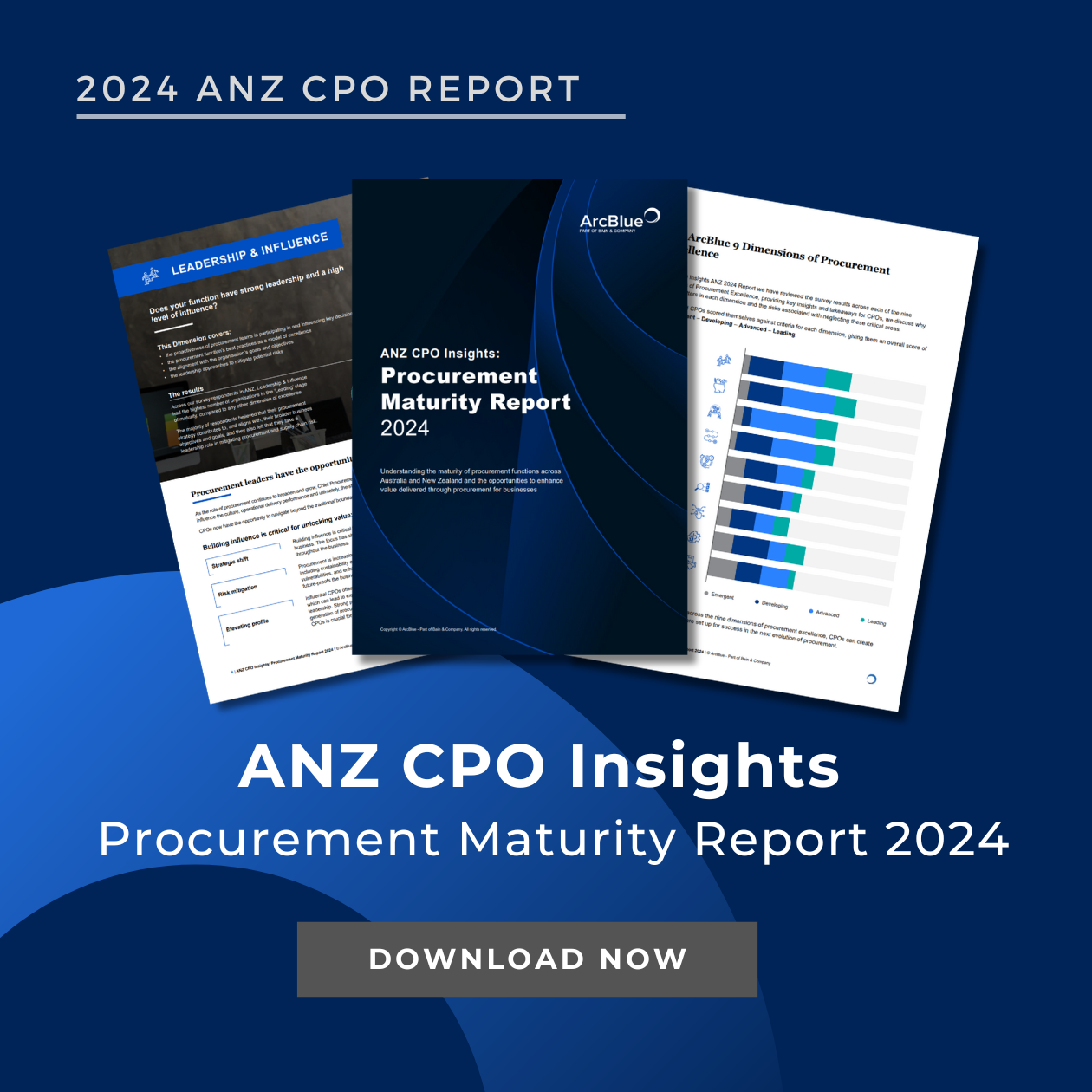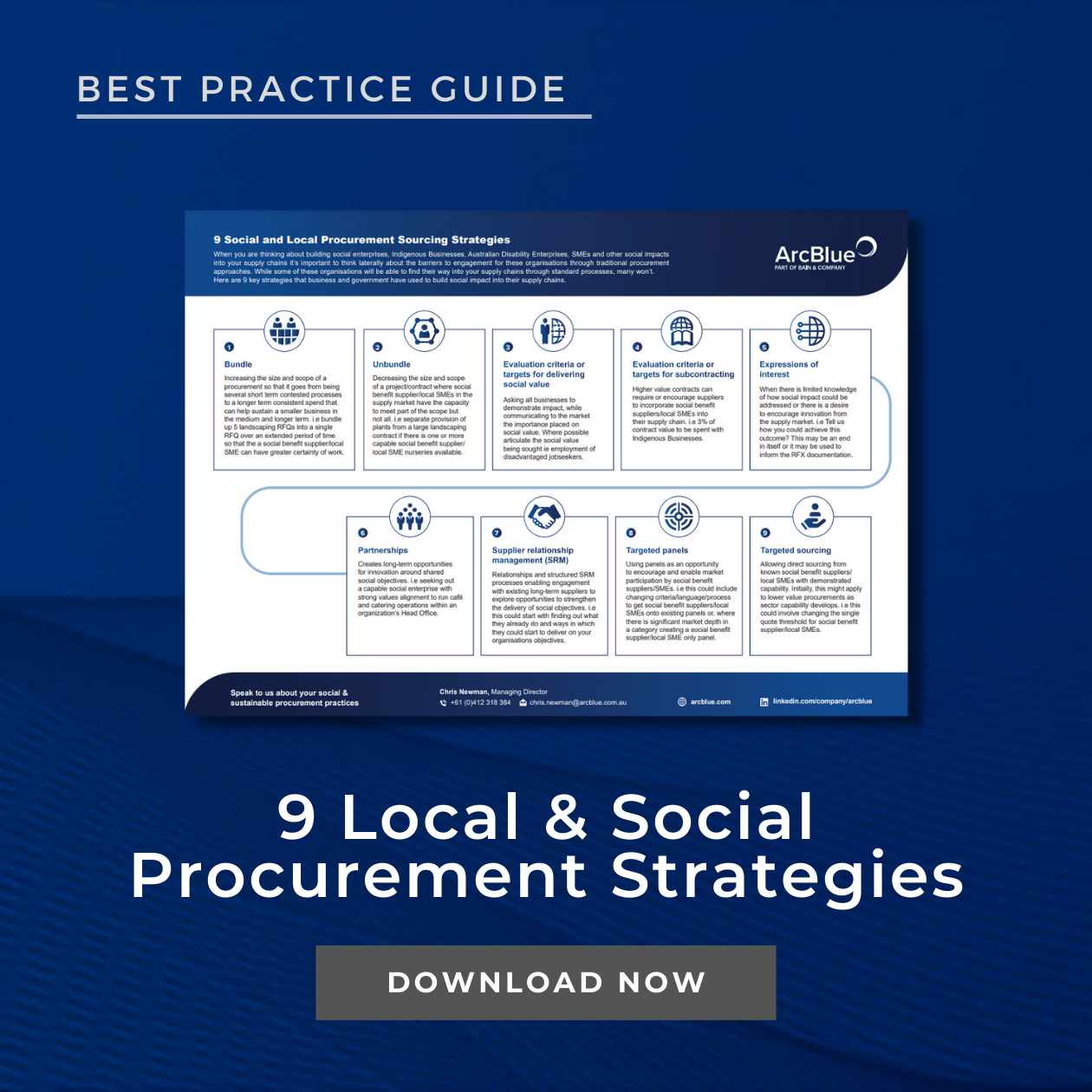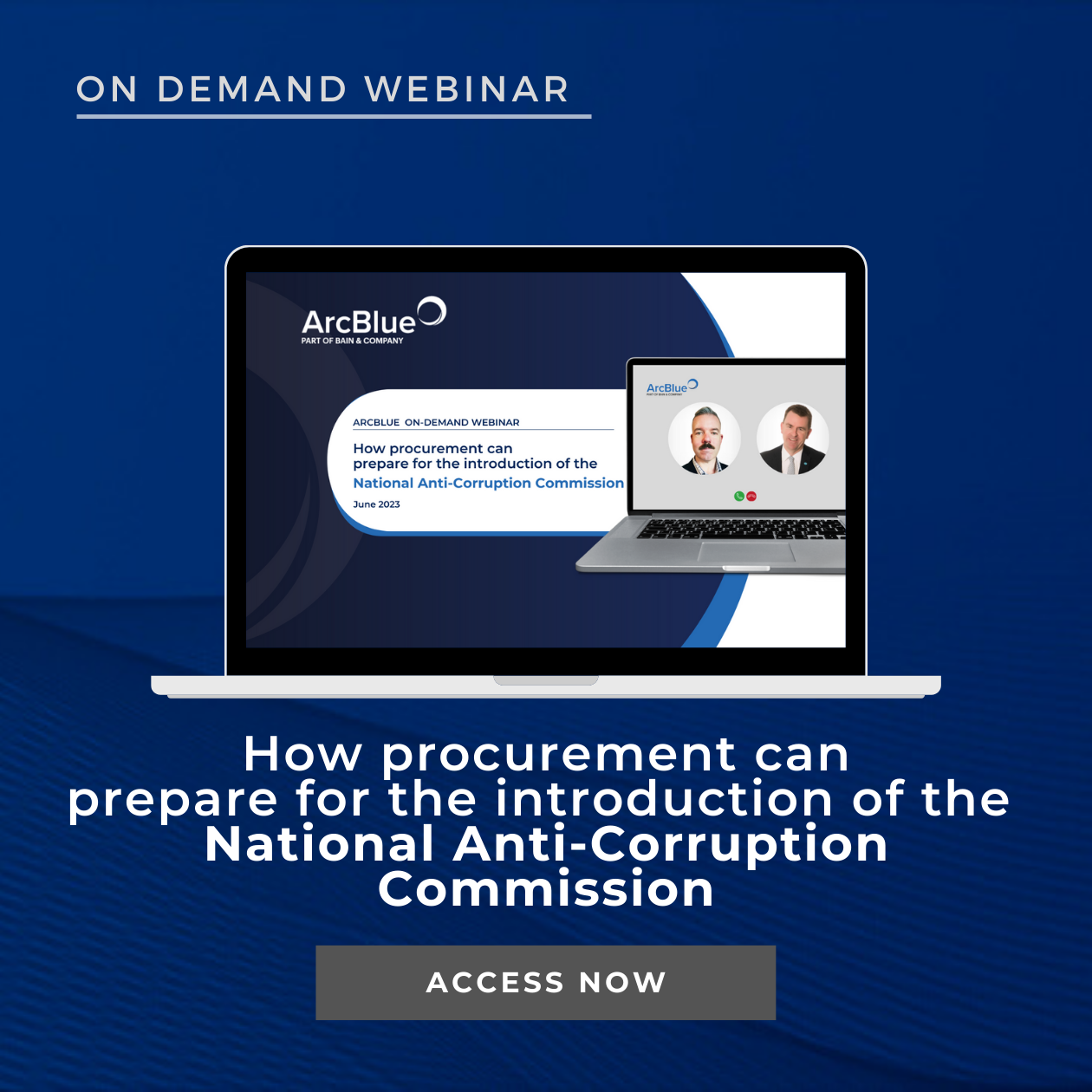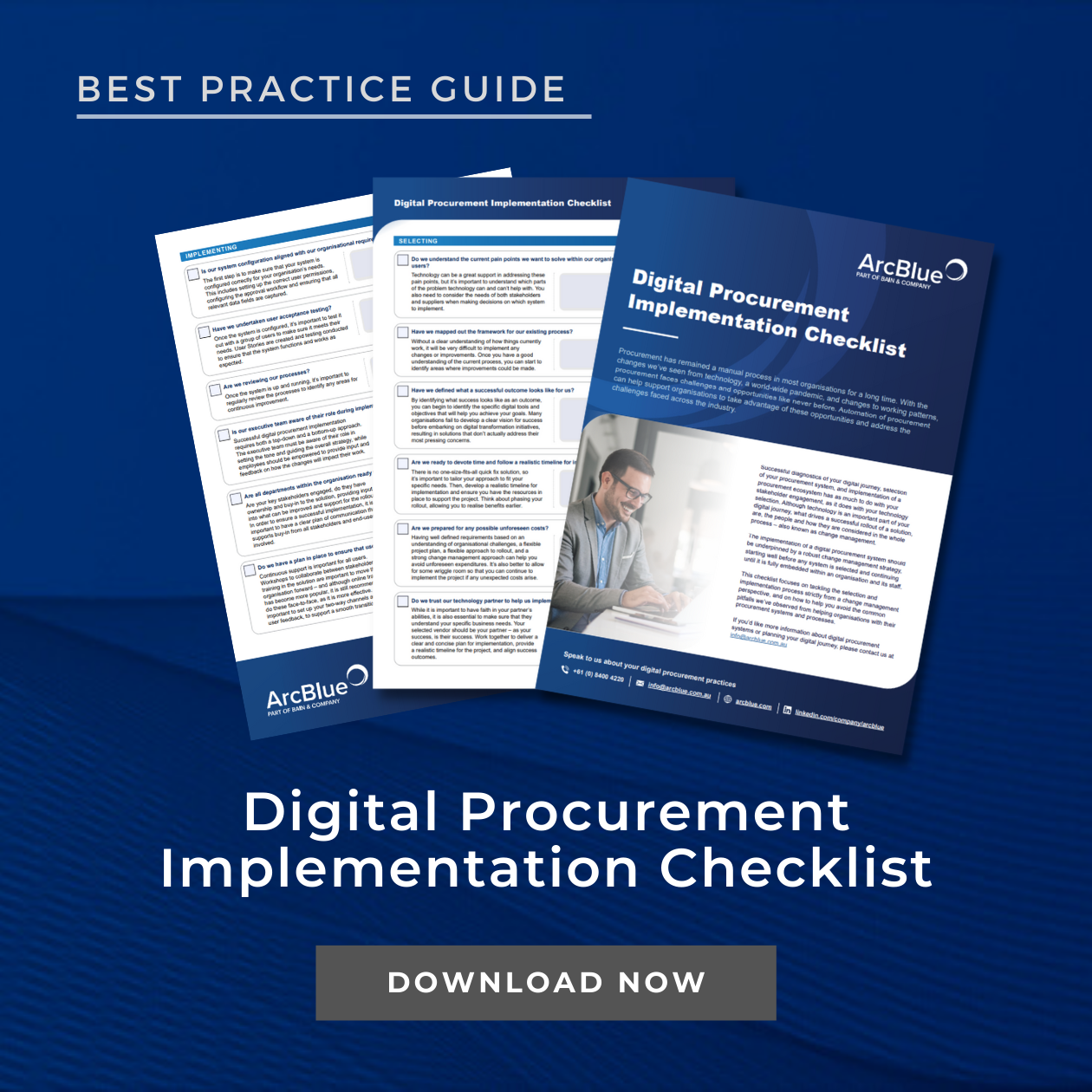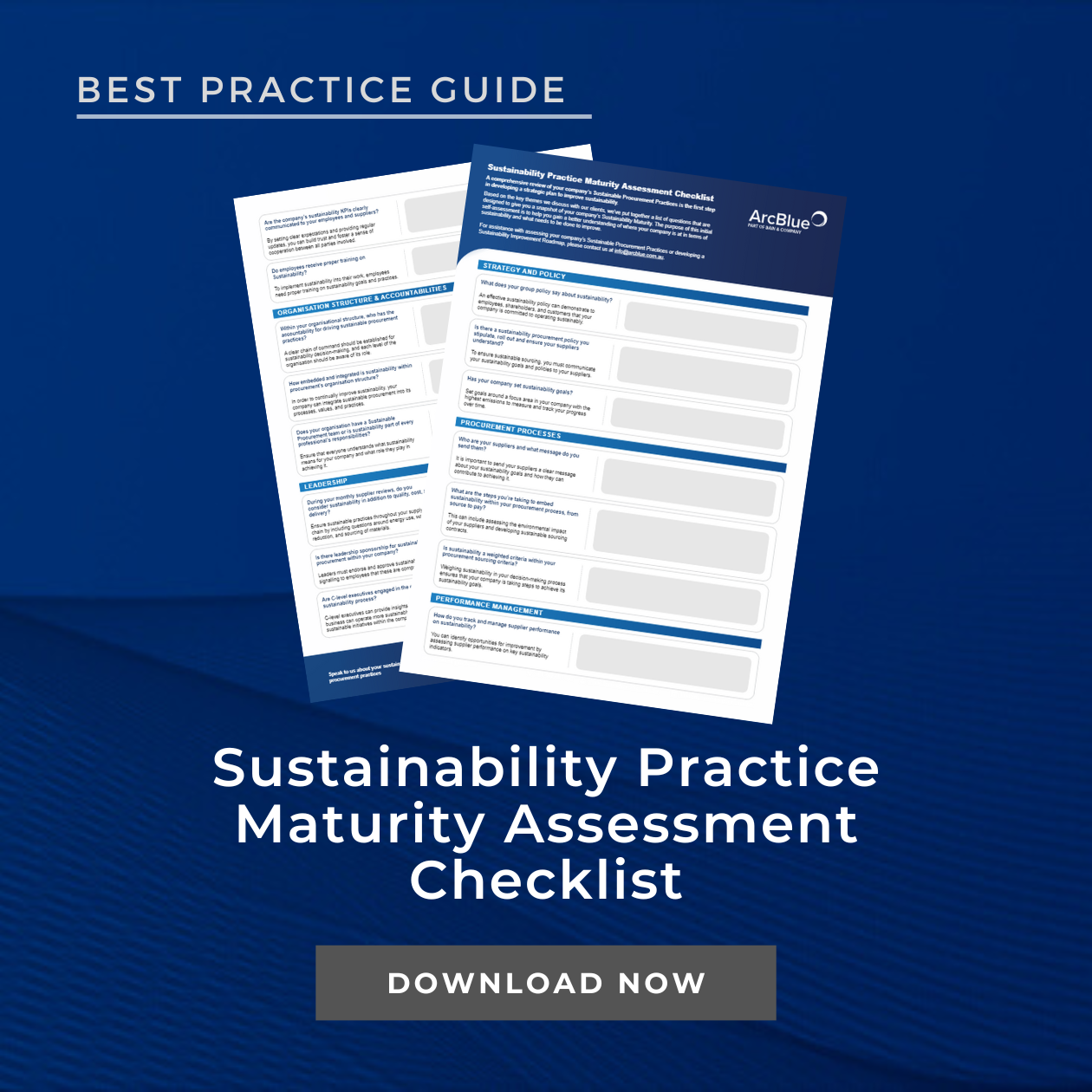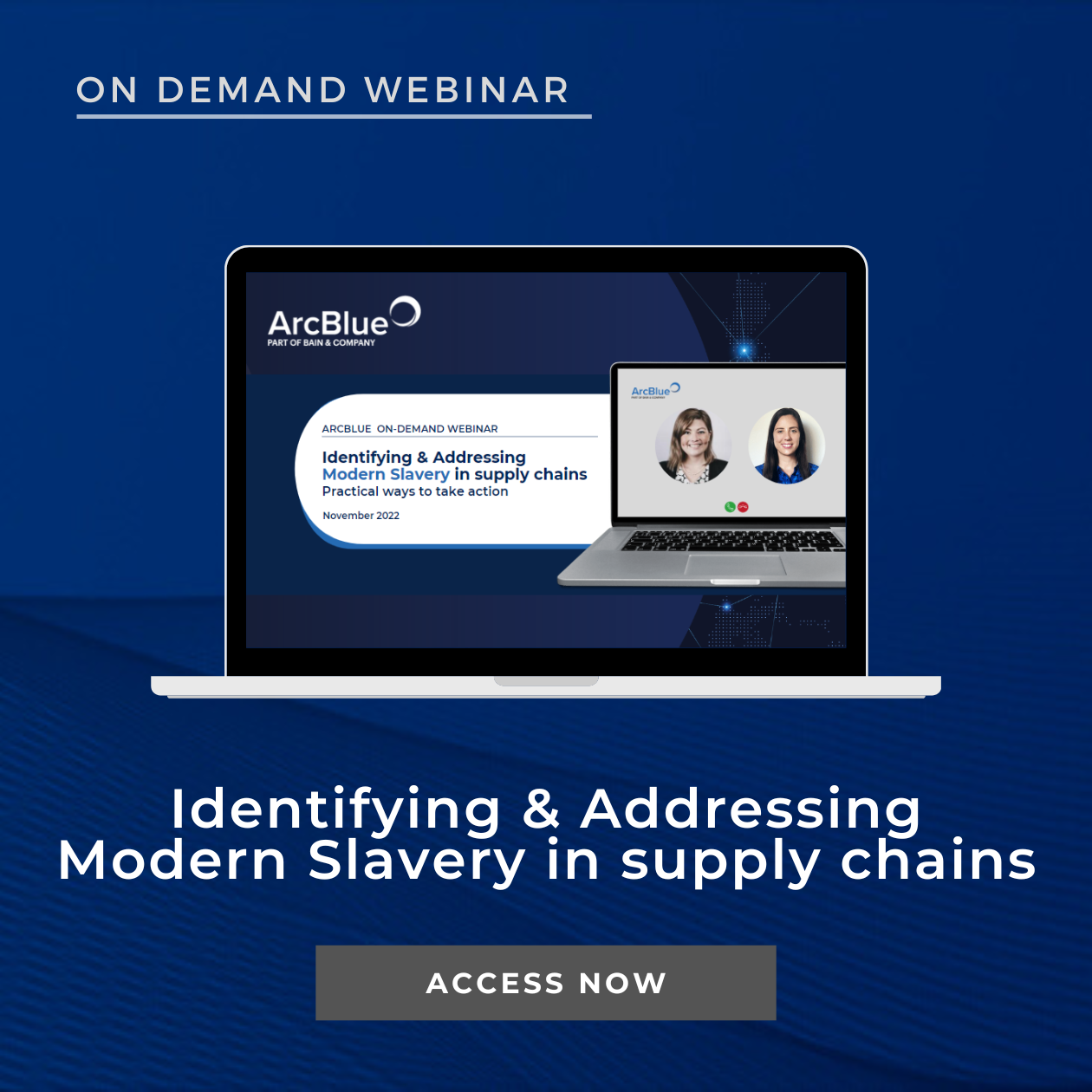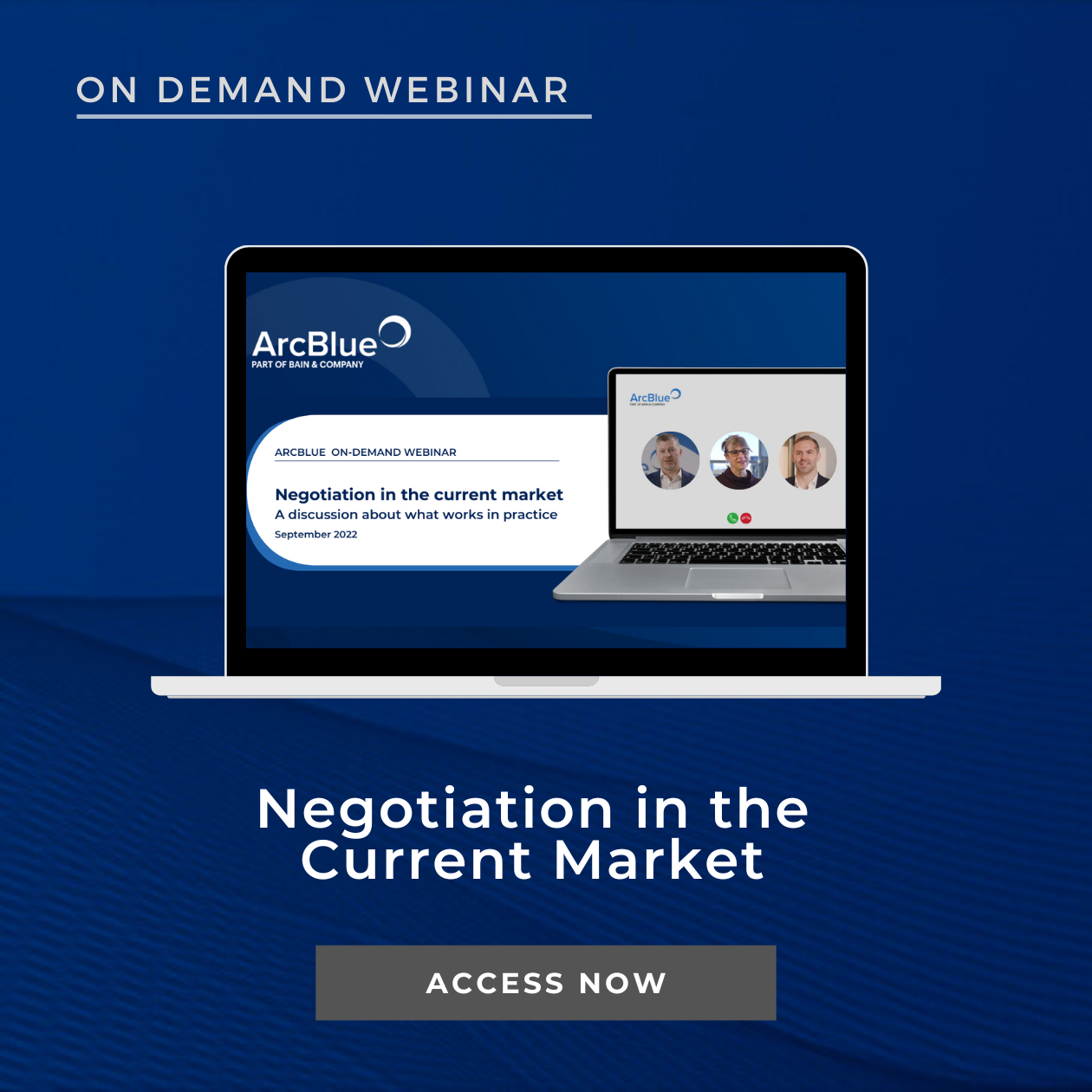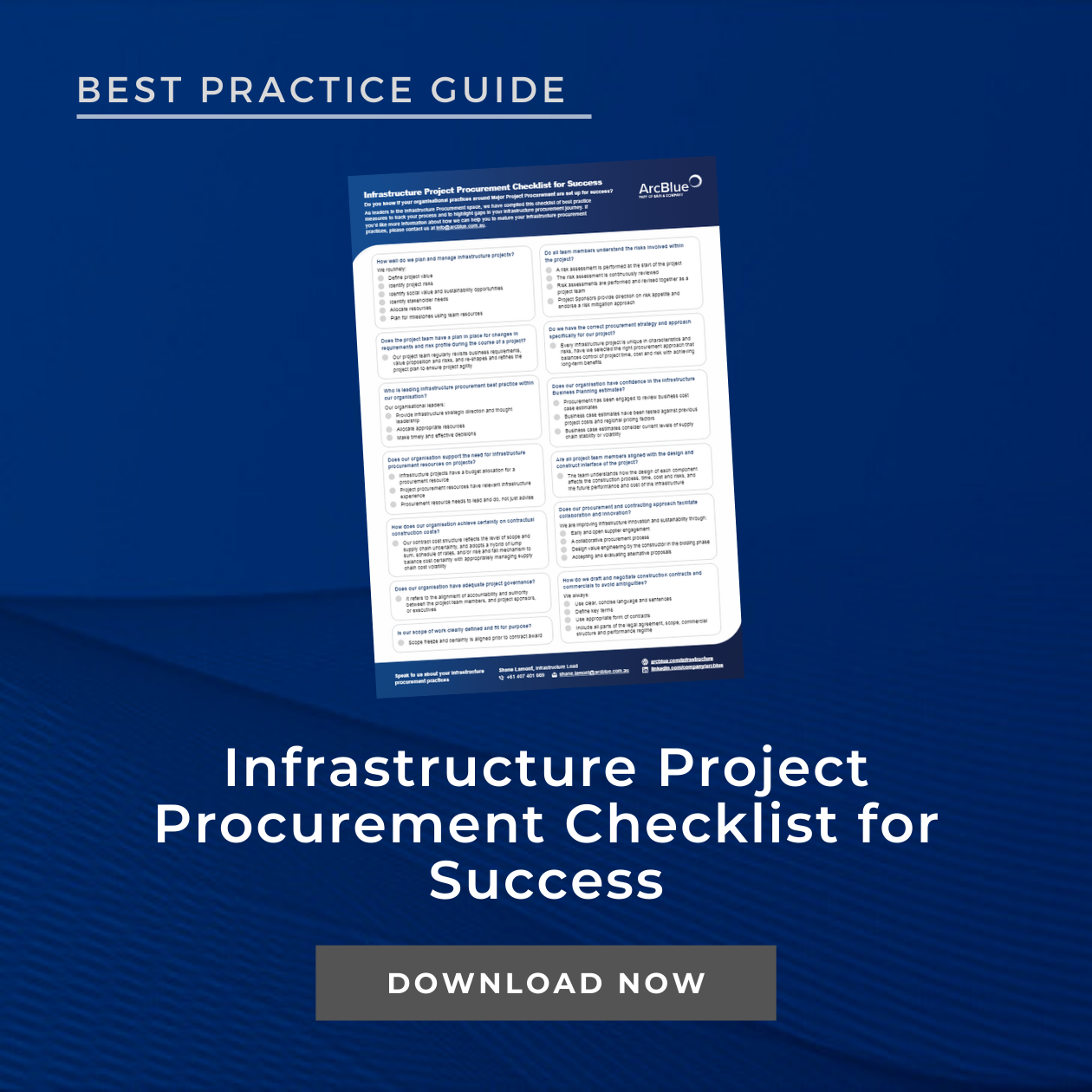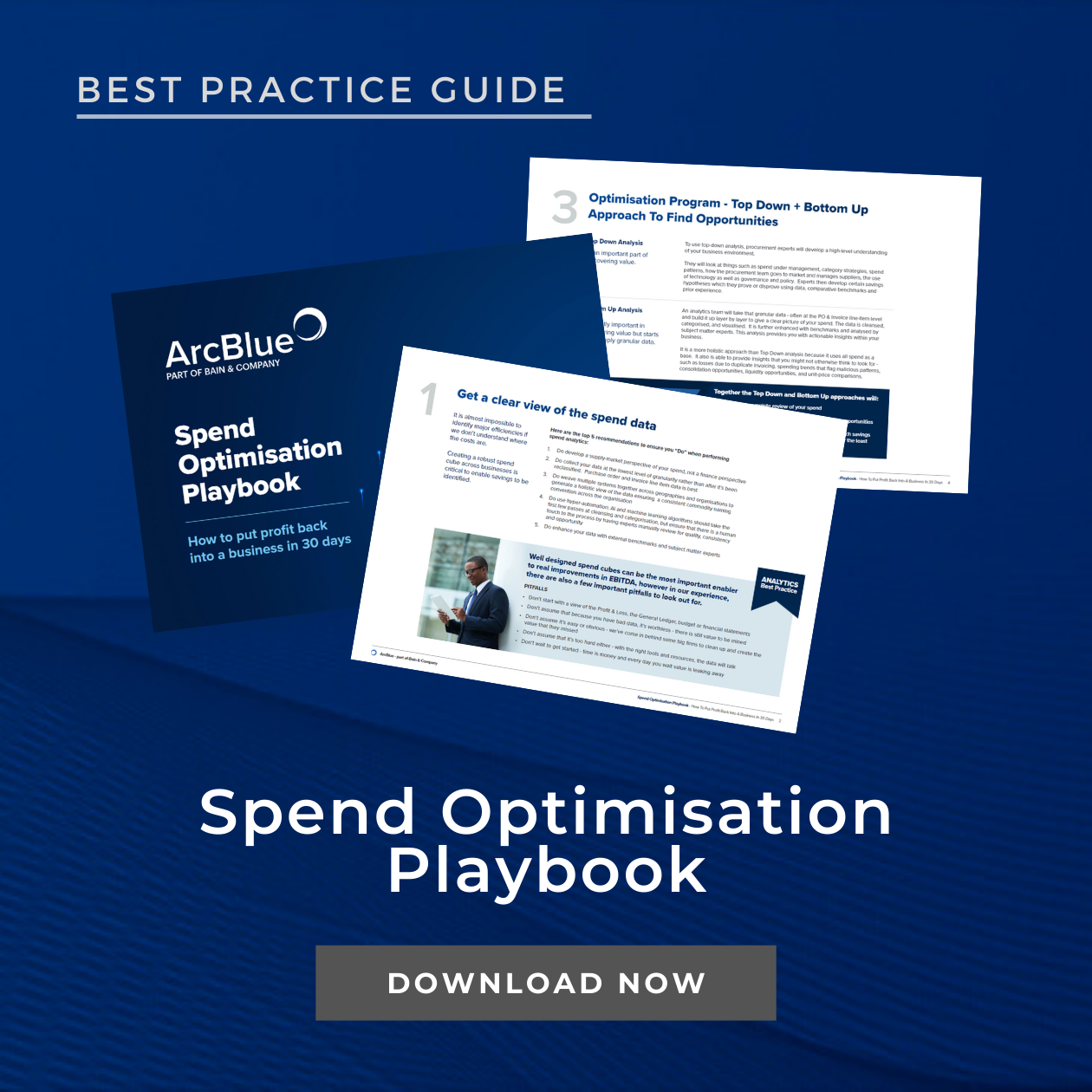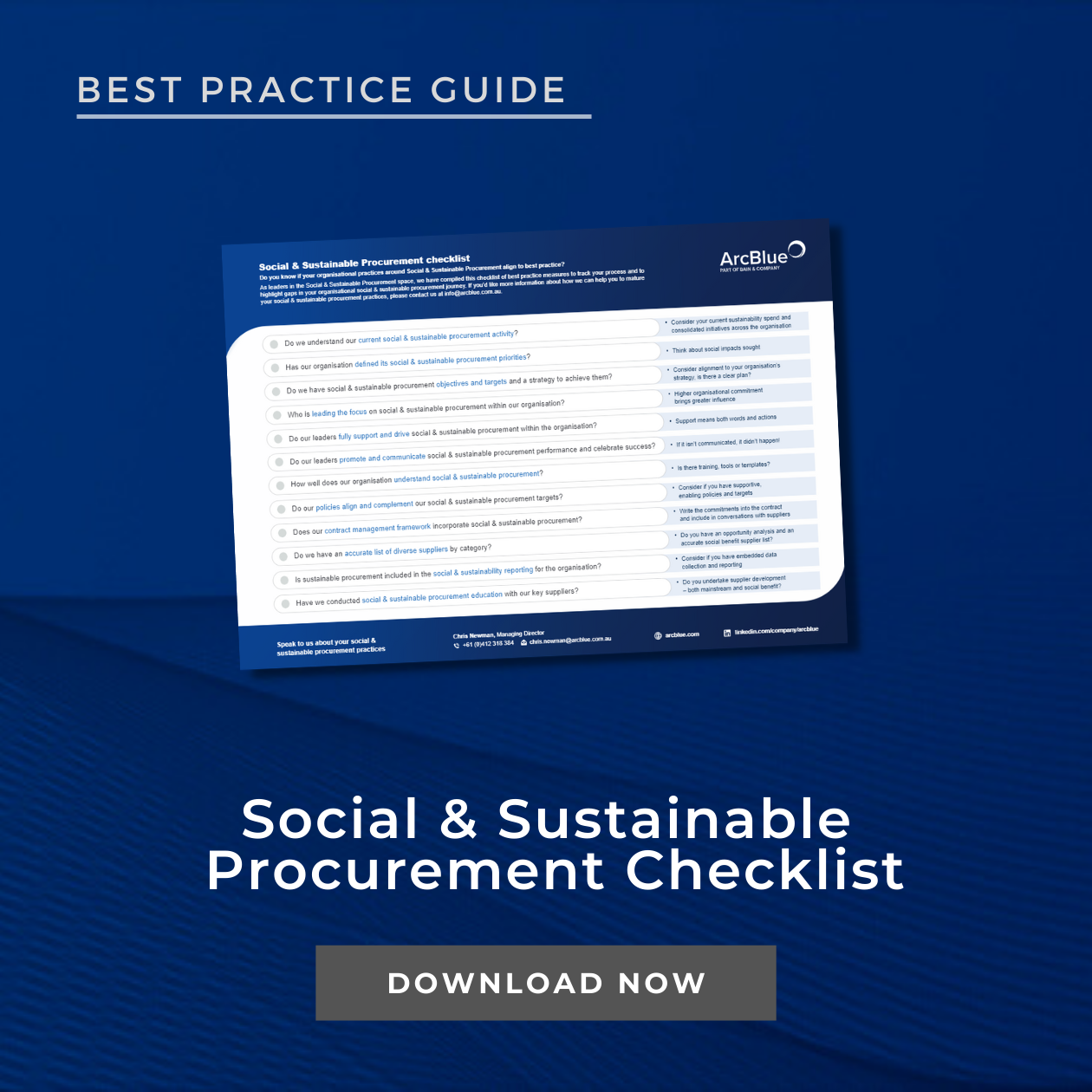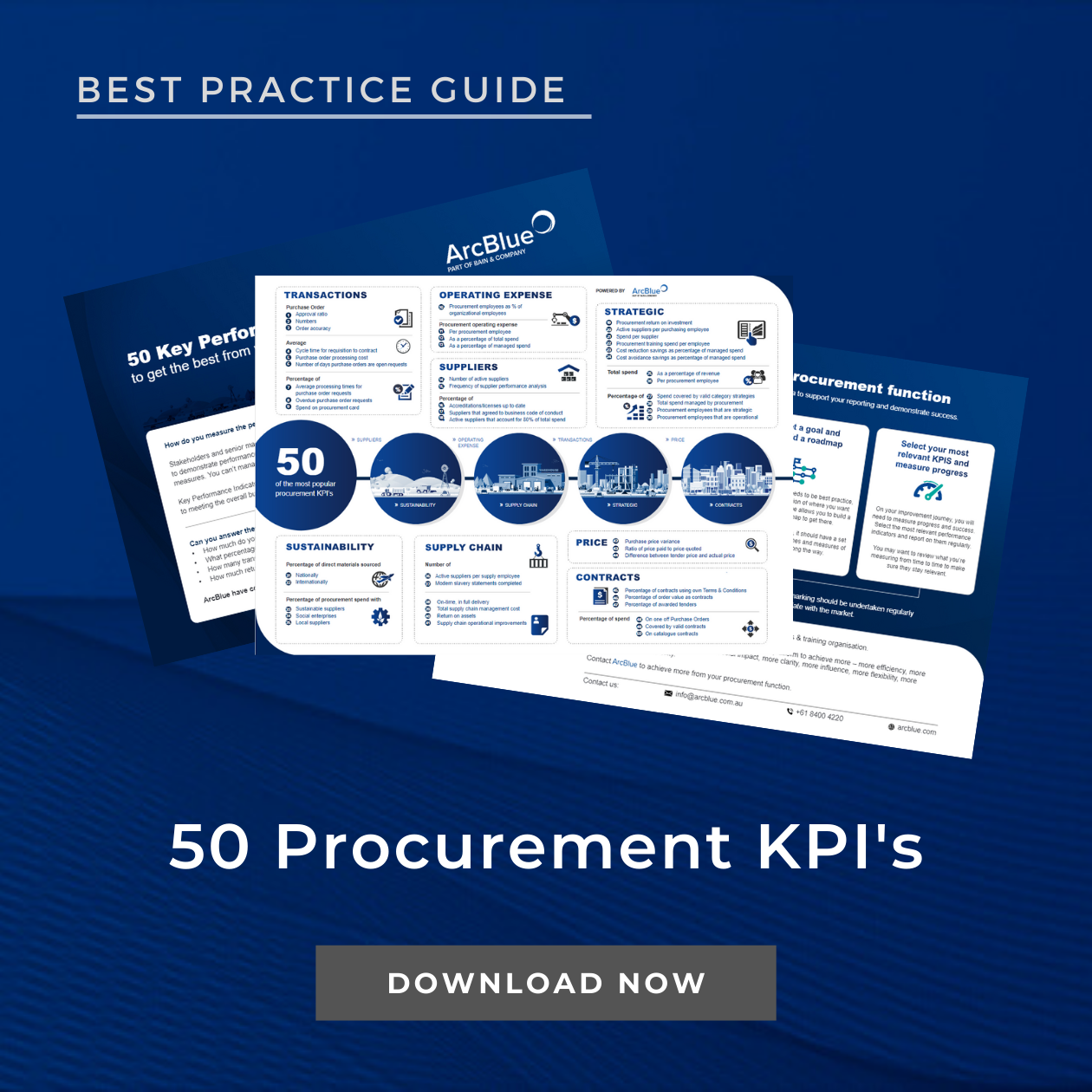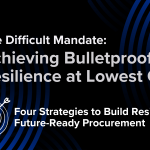- ARTICLE
Brisbane 2032 Olympics
How Procurement Can Deliver a Legacy for Queensland
August 2024
Authors
As Brisbane prepares to host the 2032 Olympic and Paralympic Games, the spotlight is not only on the event itself but also on the long-term legacy it can leave for Queensland.
Procurement professionals have a unique opportunity—and responsibility—to shape that legacy through strategic planning, inclusive practices, and innovative approaches that extend well beyond the Games. Early preparation is key. Building trusted supplier relationships and creating confidence in the market takes time.
ArcBlue Director, Elisabeth Lette, explains, “it takes time to build trusted relationships and to create the confidence for organisations, businesses to want to invest in a region so it’s really important that procurement teams are starting to plan and prepare now.”
Procurement teams must begin planning now to ensure that the benefits of the Games are not short-lived. Avoiding a post-Games “cliff” in activity requires a long-term view of supplier engagement and capability development.
So how can Queensland procurement professionals start to prepare for the opportunities to come? ArcBlue’s Haig Topalian and Elisabeth Lette provide their keys to success below:
Simplify Access to Opportunities
With suppliers from across Queensland, Australia, and internationally eyeing the Games as a business opportunity, procurement processes must be accessible and efficient.
Lis emphasises the need to reduce administrative burdens and red tape, making it easier for suppliers of all sizes to participate. Simplified, transparent procurement processes will not only broaden supplier participation but also drive competition and value for money.
Embrace Co-Design and Collaboration
The scale and complexity of Olympic-related projects present a chance to rethink traditional procurement models. Rather than maintaining a rigid buyer-supplier divide, there is an opportunity to foster co-design and early collaboration.
By involving suppliers earlier in the process, procurement teams can better align solutions with organisational needs and encourage innovation. ArcBlue Associate Director, Haig Topalian explains that “we need to be thinking about what can we do differently to enable our suppliers to be more agile to meet changing needs.”
Become a Buyer of Choice
As competition for supplier resources intensifies—particularly in Queensland’s southeast—organisations must position themselves as buyers of choice. This involves more than just fair payment terms; it requires proactive relationship-building, clear communication of future procurement pipelines, and a commitment to supplier development. Suppliers are more likely to invest in Queensland if they see a stable, long-term opportunity.
Lis advises organisations to “start to build those relationships with your existing suppliers, signaling, as an organization, what your forward procurement pipeline might look like to attract new participants. They’ll be willing to invest resources in an area if they have the confidence that there’s going to be a forward pipeline of work for them to respond to.”
Build Capability for a Transformational Decade
Haig adds a broader perspective, noting that the Olympics coincide with a period of significant investment in Queensland, including infrastructure and renewable energy. This convergence presents a rare opportunity to elevate procurement capability across the board. It’s not just about delivering the Games—it’s about transforming how Queensland invests in its communities.
To achieve this, procurement teams must invest in market analysis, capability building, and stakeholder engagement. Training, support, and inclusive practices will be essential to ensure that local suppliers and workers are ready to participate. The goal is to create not just economic value, but also social impact—delivering employment pathways and sustainable outcomes for communities across the state.
A Call to Action
With eight years to go, the time to act is now. The Brisbane 2032 Olympics can be more than a world-class event—it can be a catalyst for generational change in Queensland’s procurement landscape. By embracing innovation, collaboration, and long-term thinking, procurement professionals can help ensure that the legacy of the Games is one of lasting value for all.
INSIGHTS
RESOURCES & DOWNLOADS






